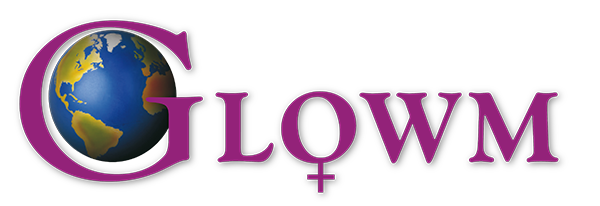
Breastfeeding
An educational
initiative
supported by

Written by experienced doctors, midwives and other medical professionals – and approved by a specialist Editorial Board
Enhancing the Welfare of Women
Expert Health Information for Women
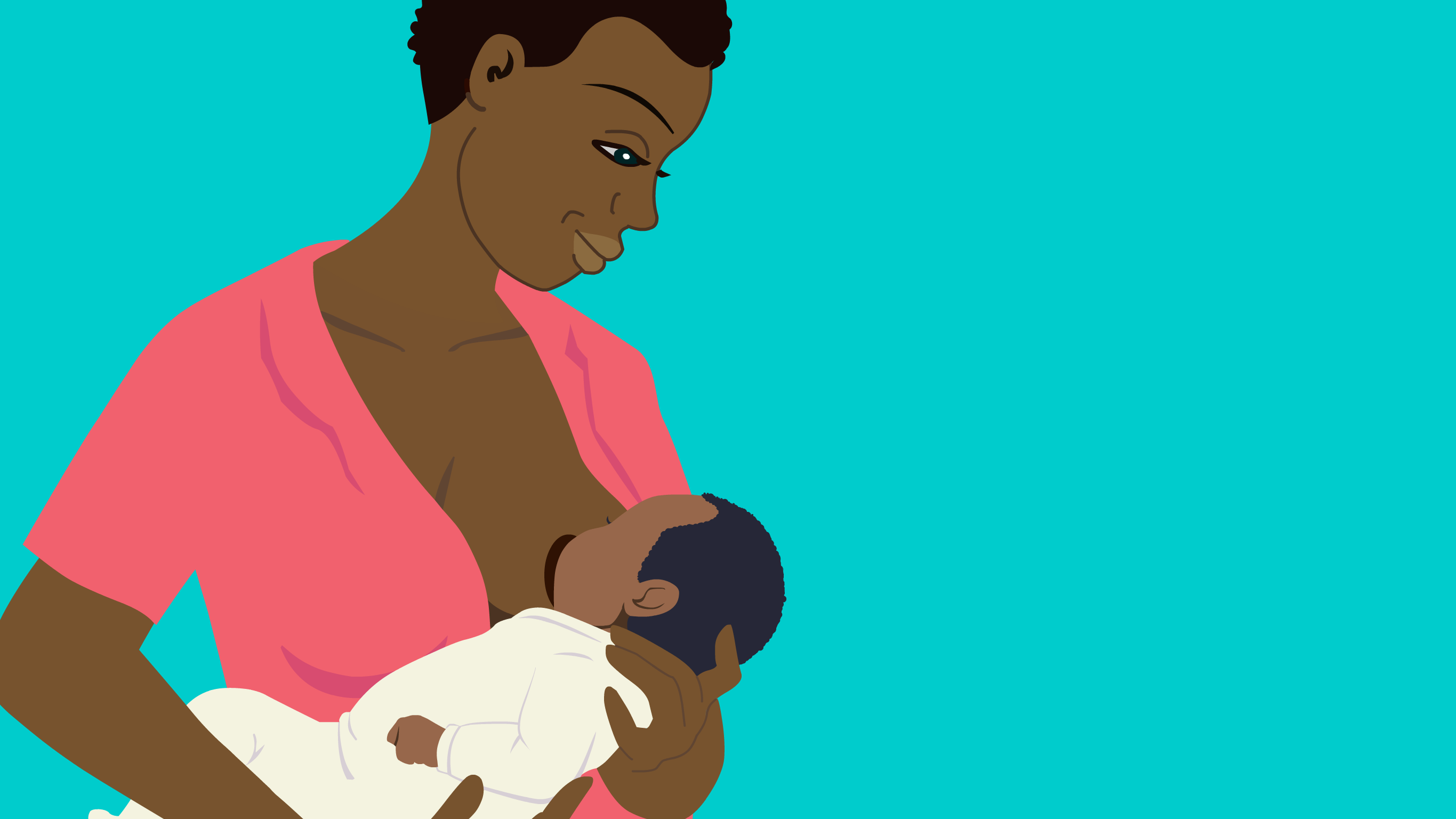



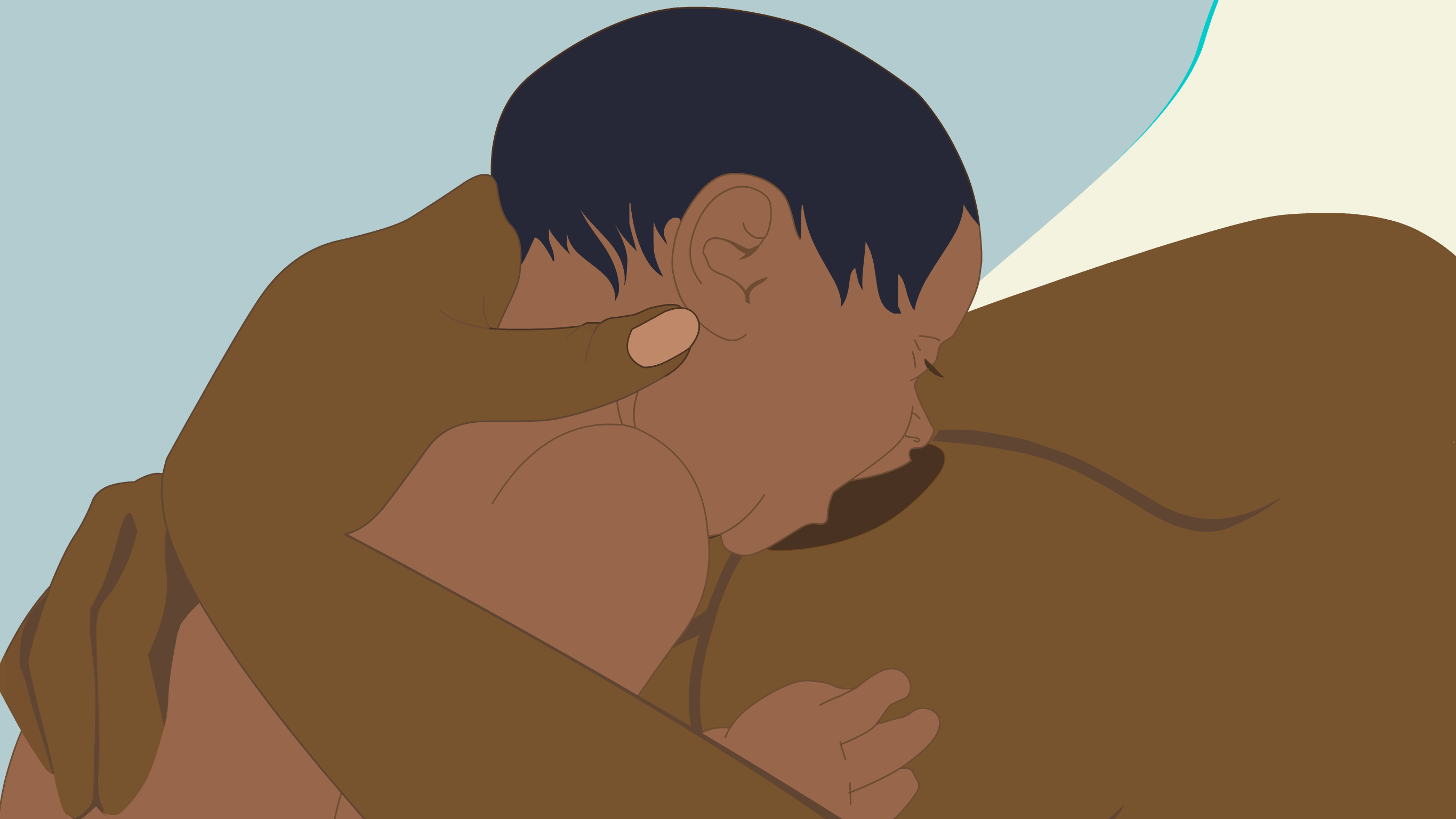


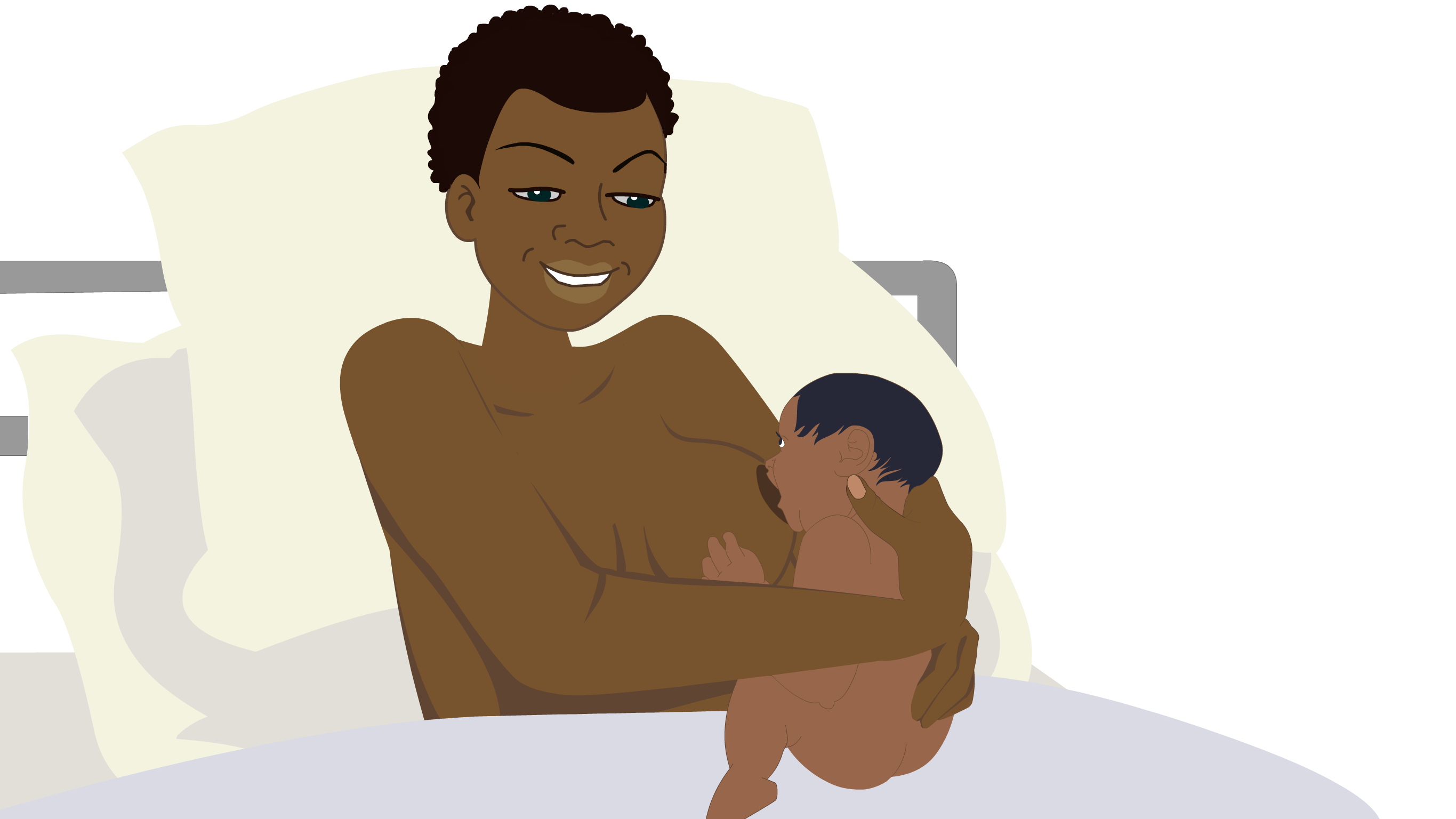


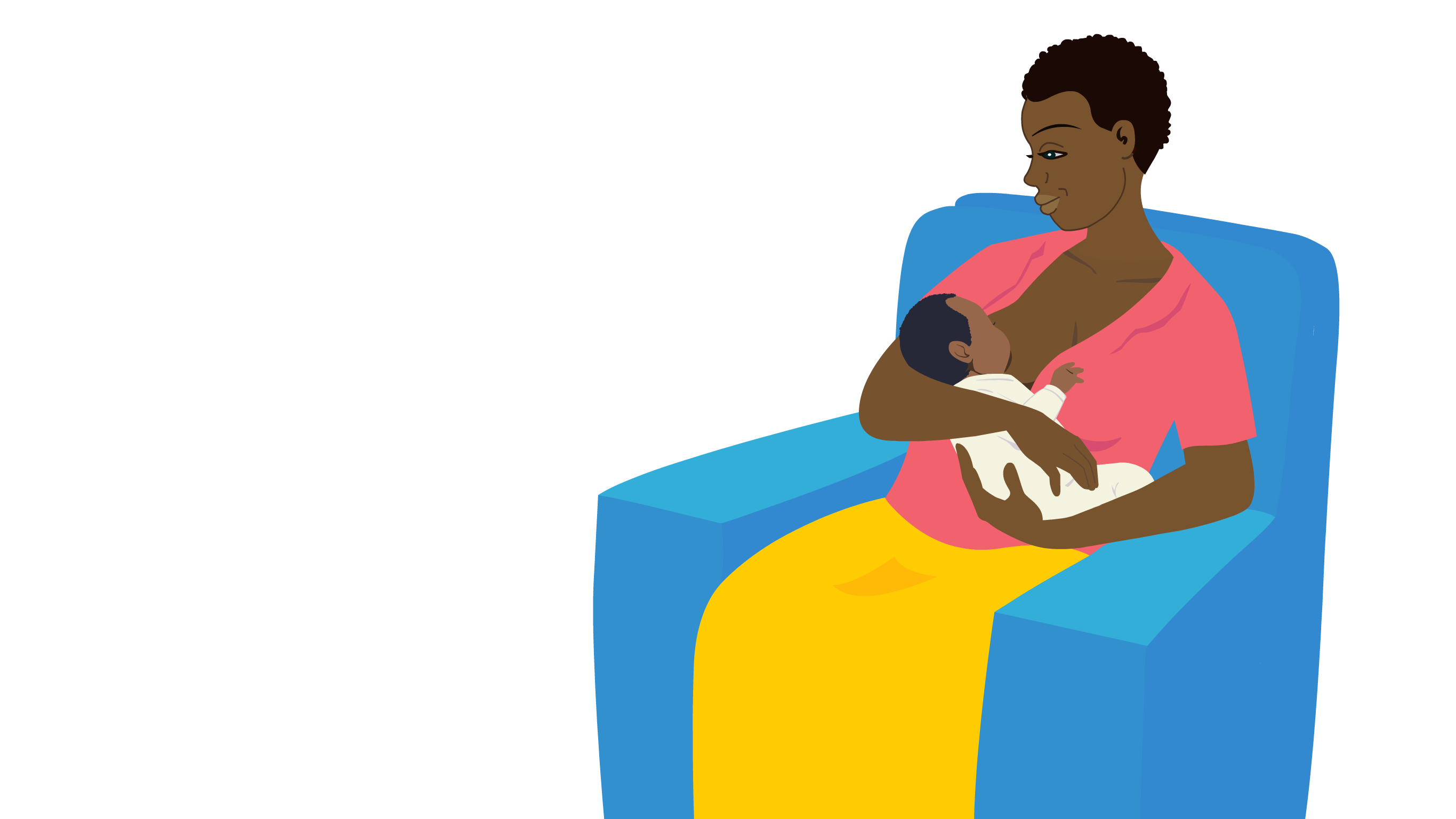

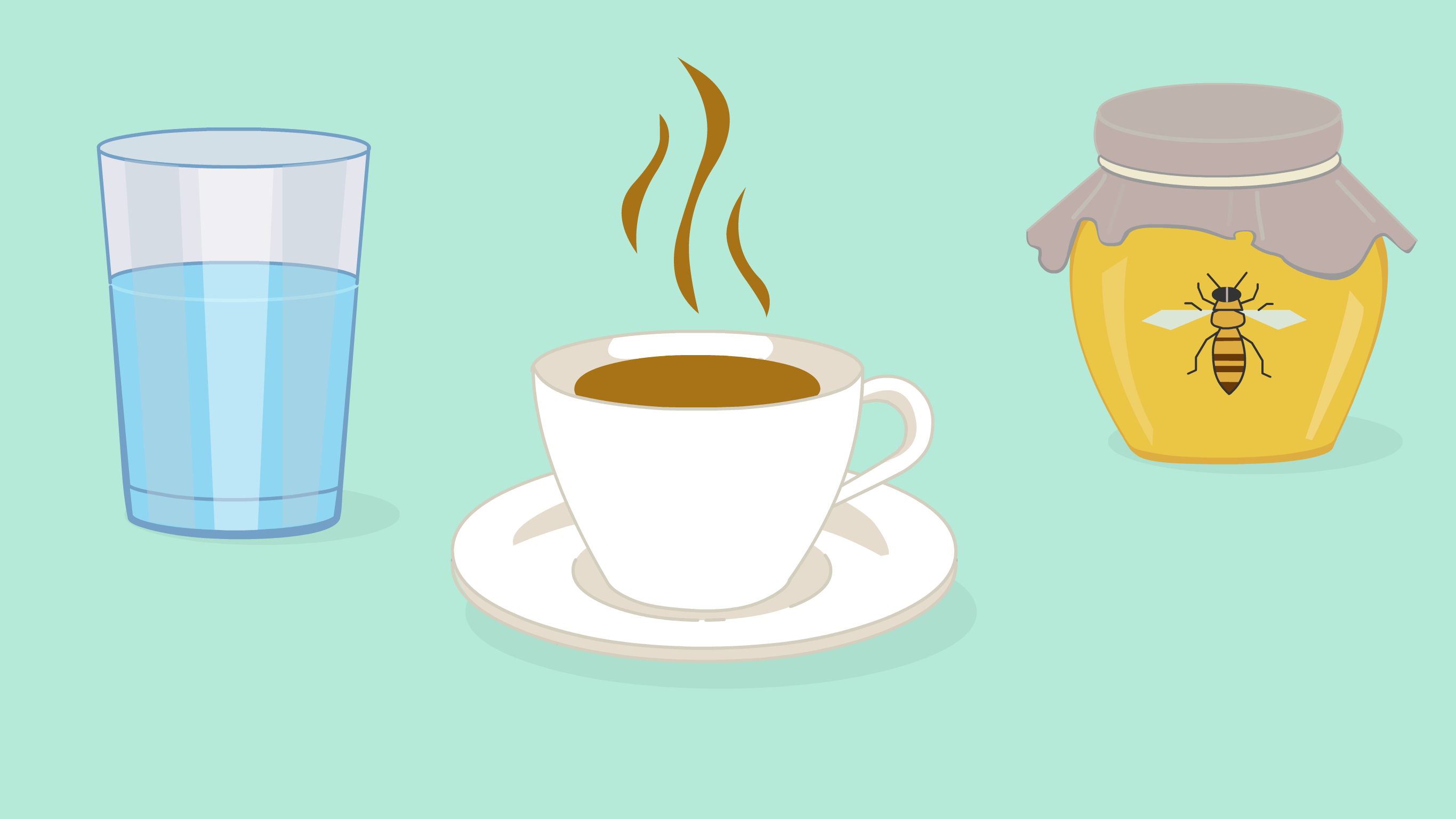

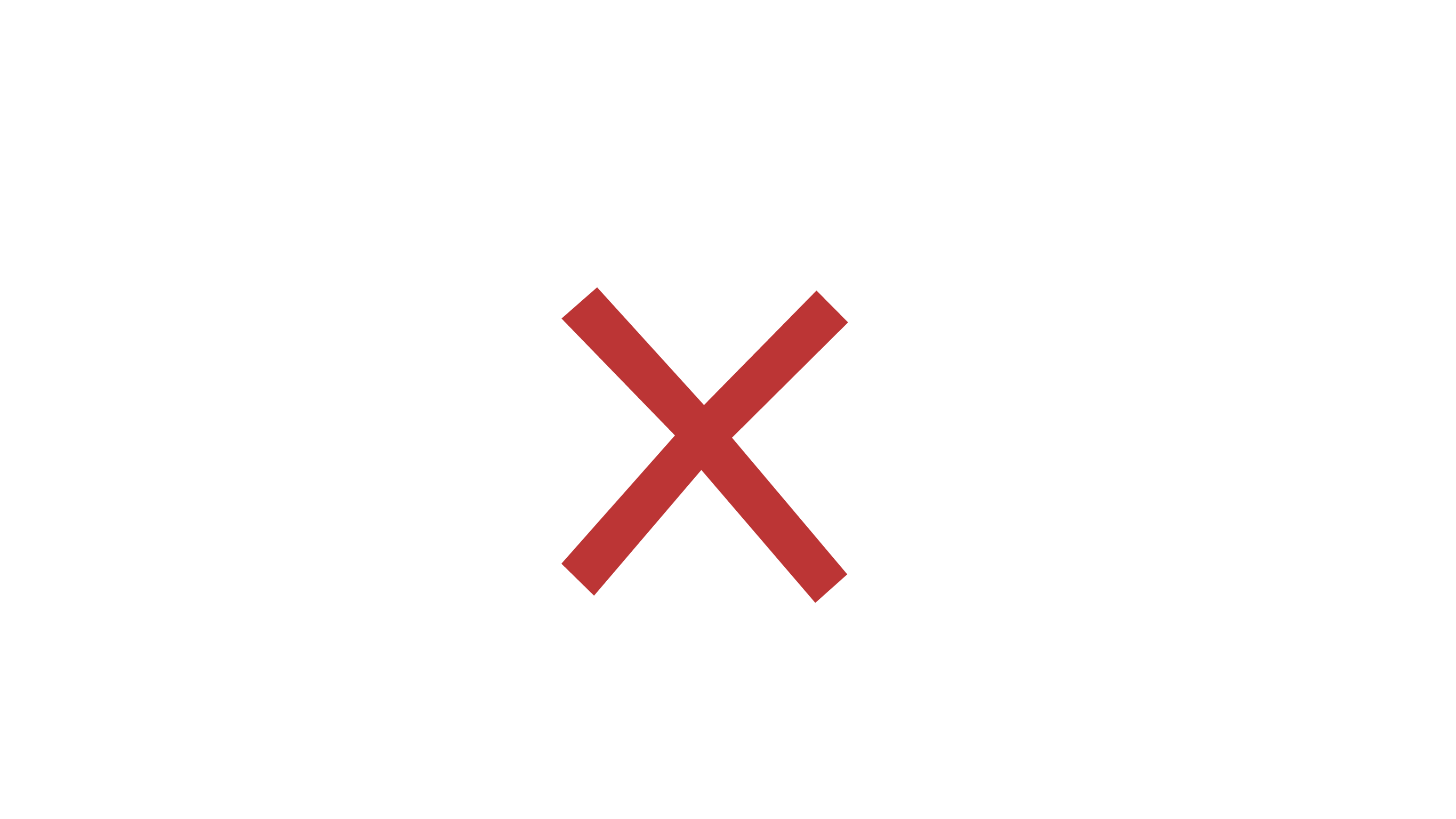


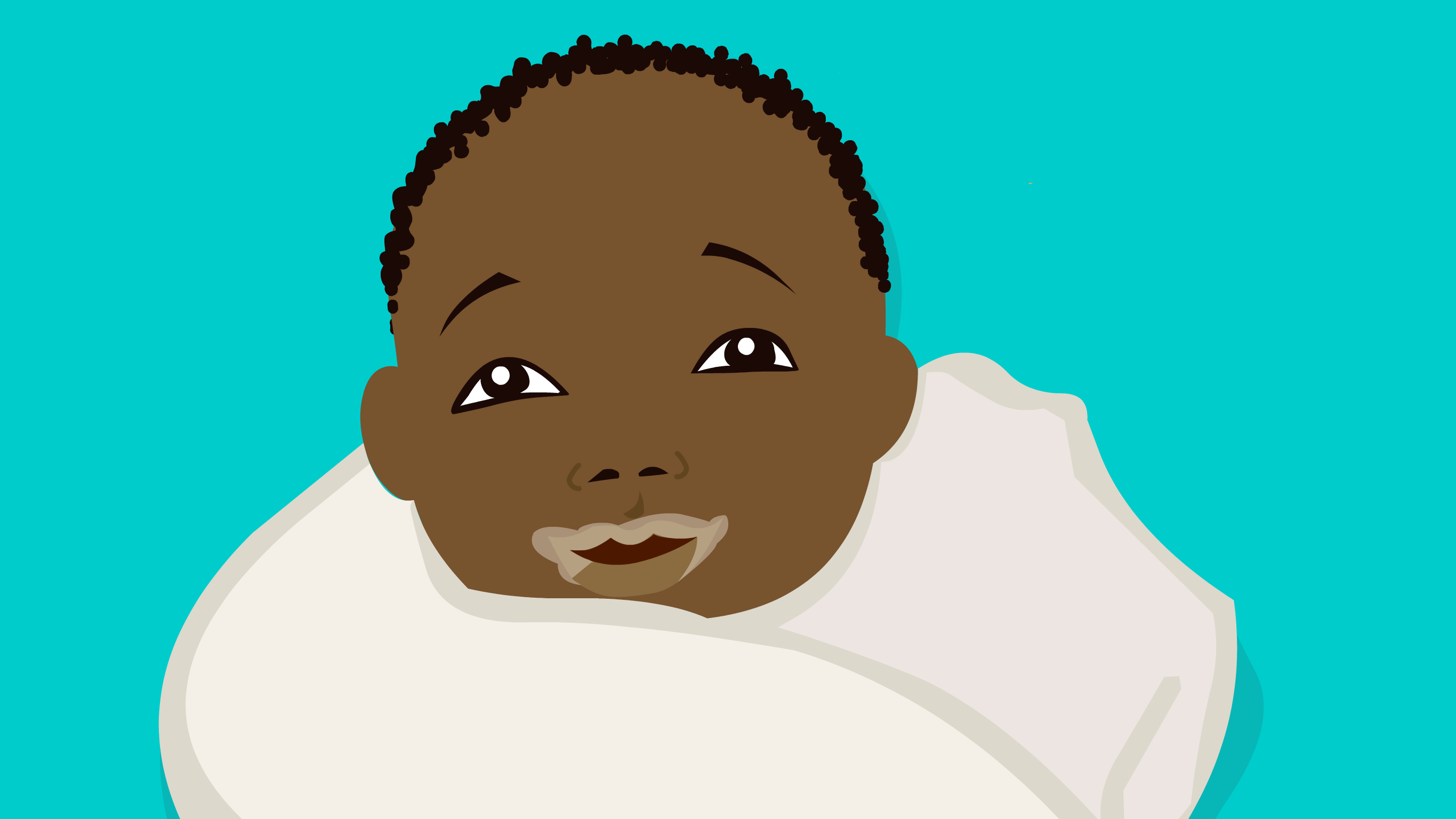


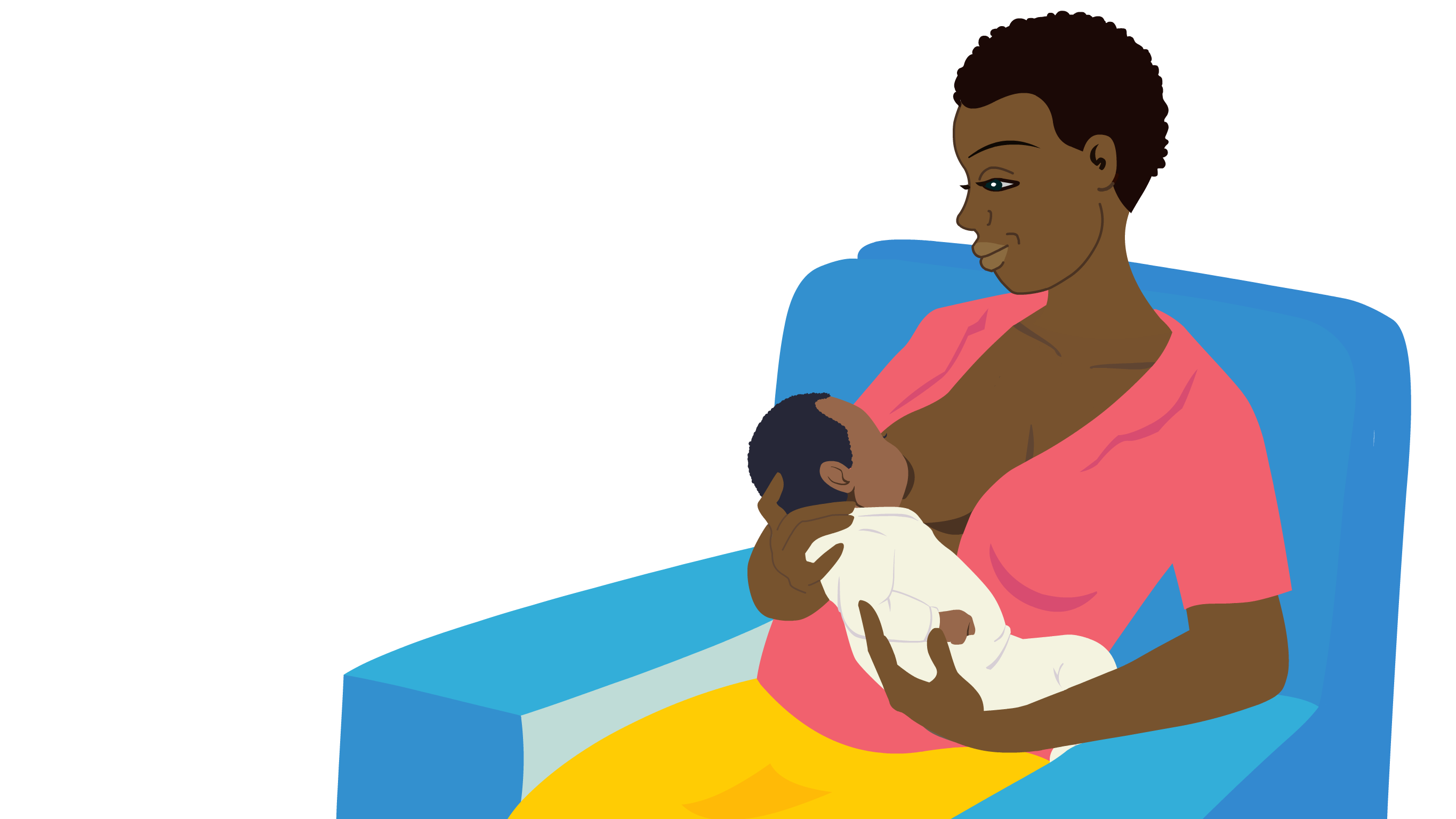


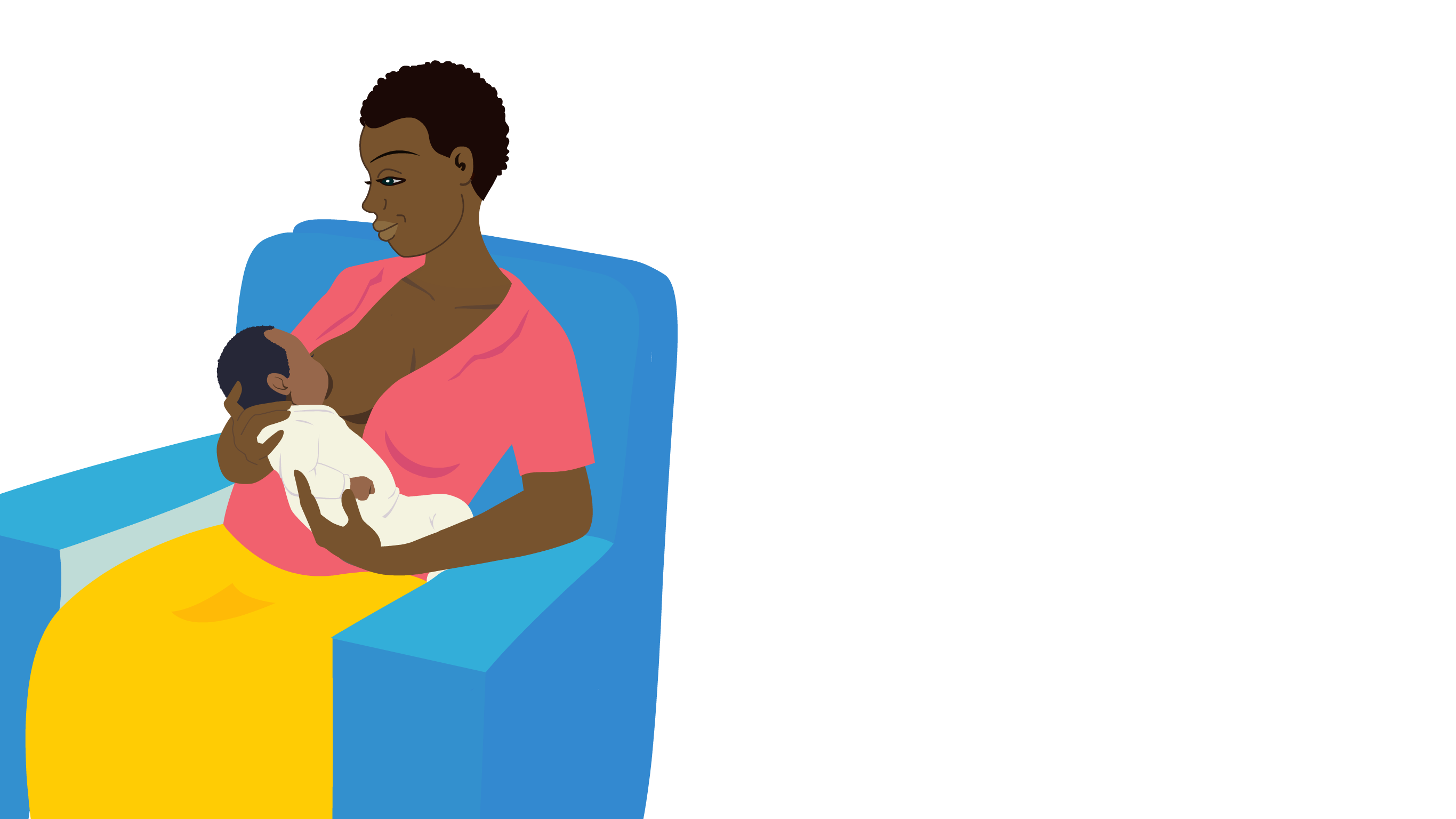

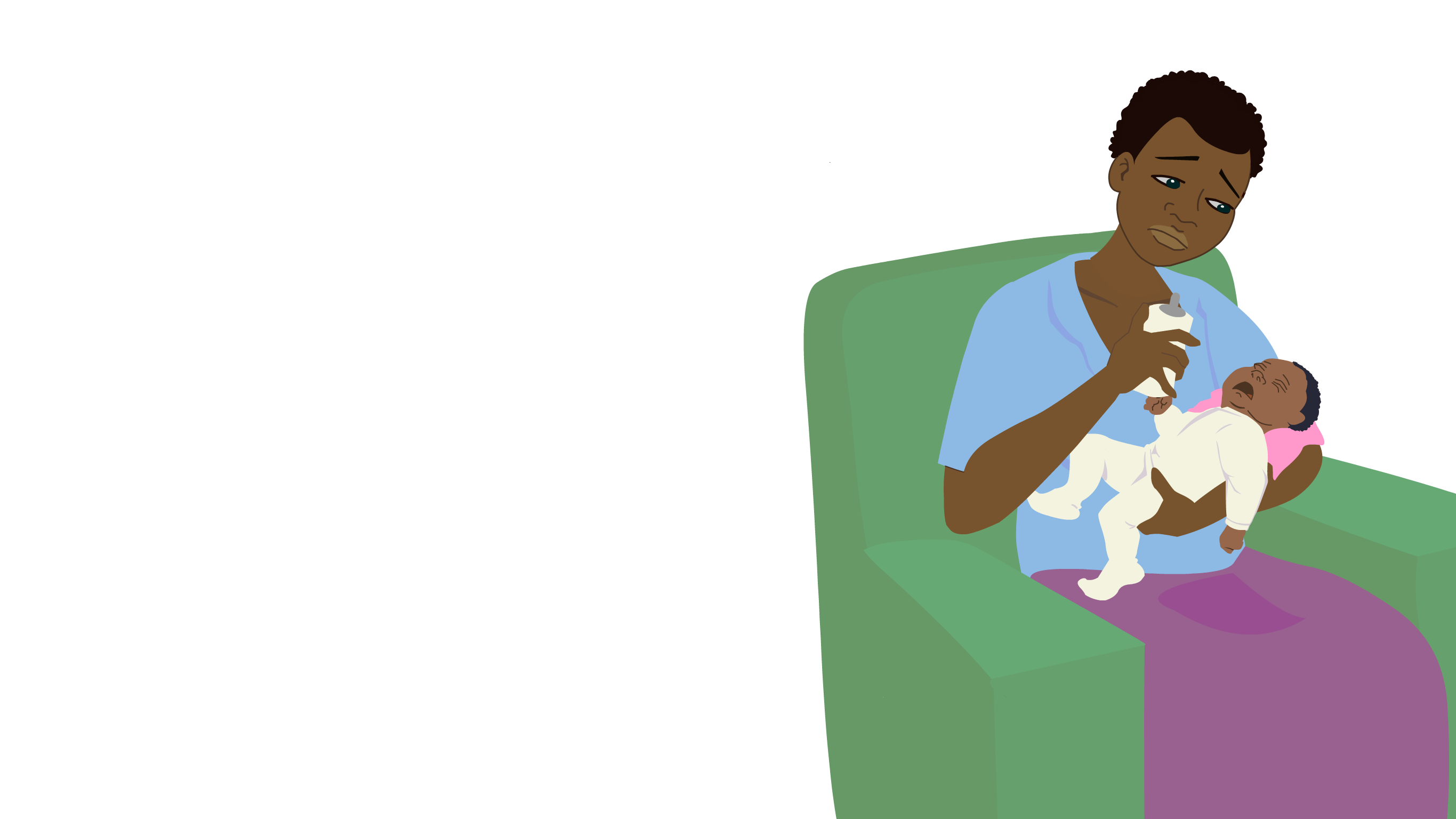



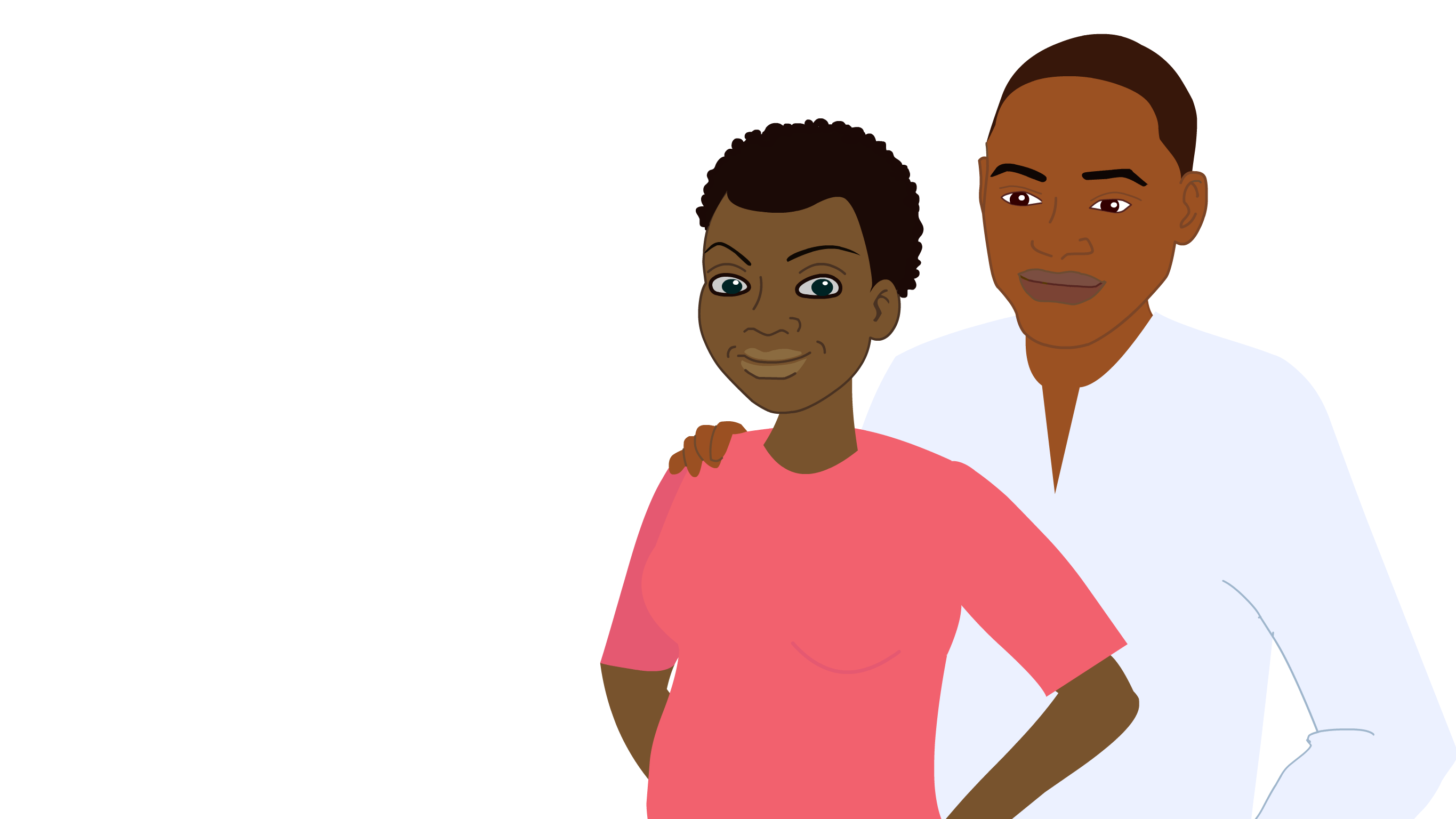


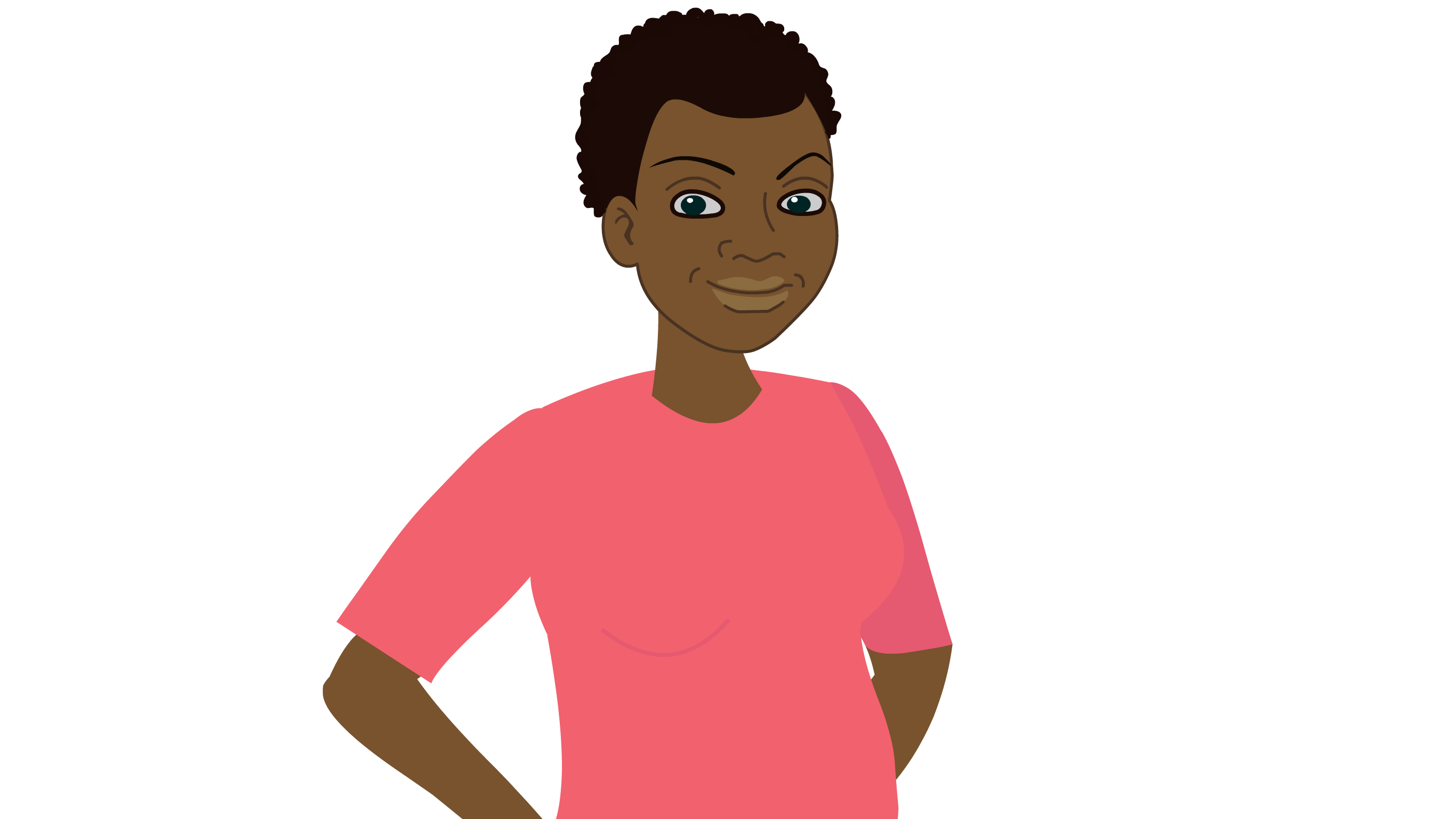

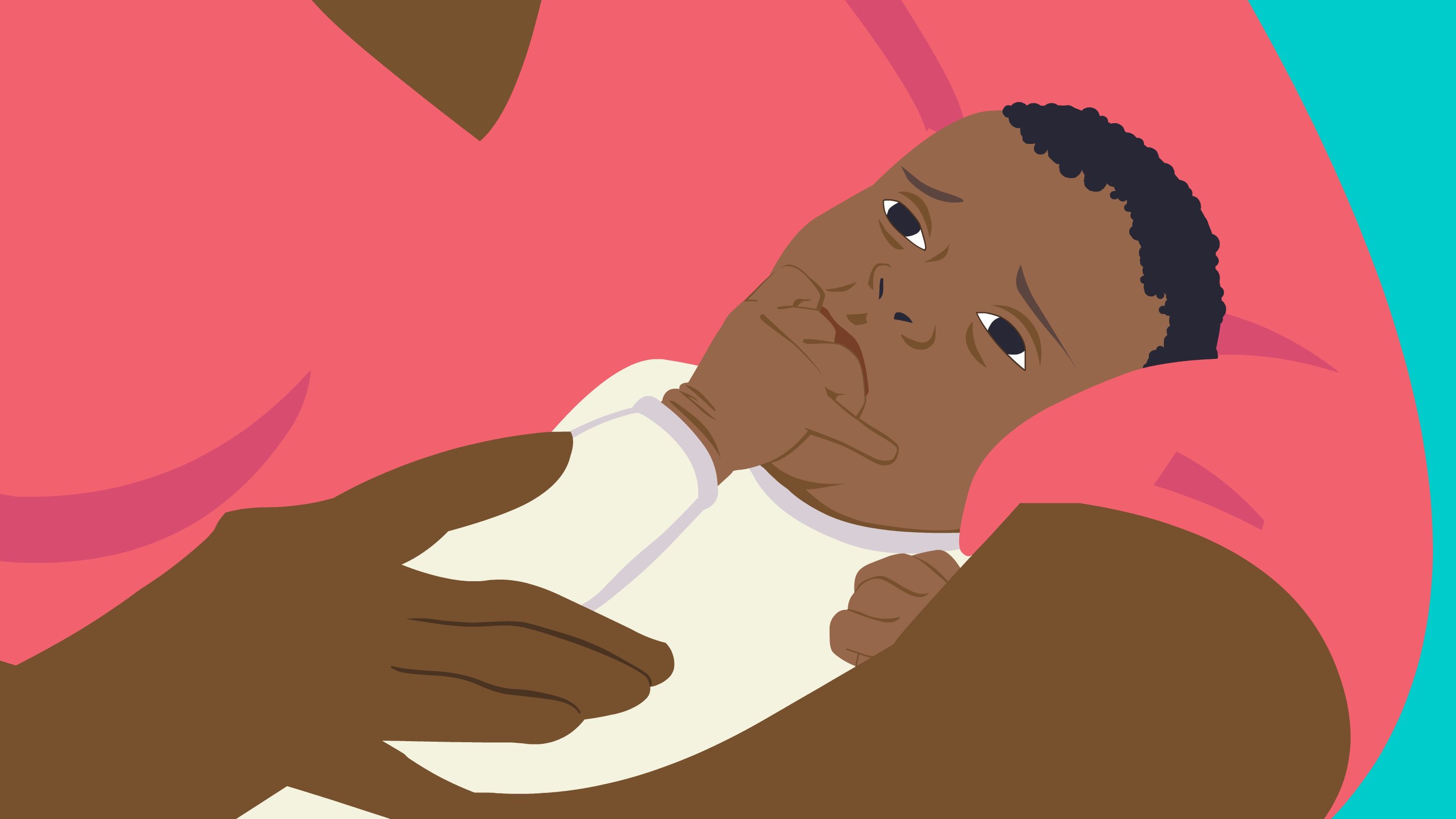

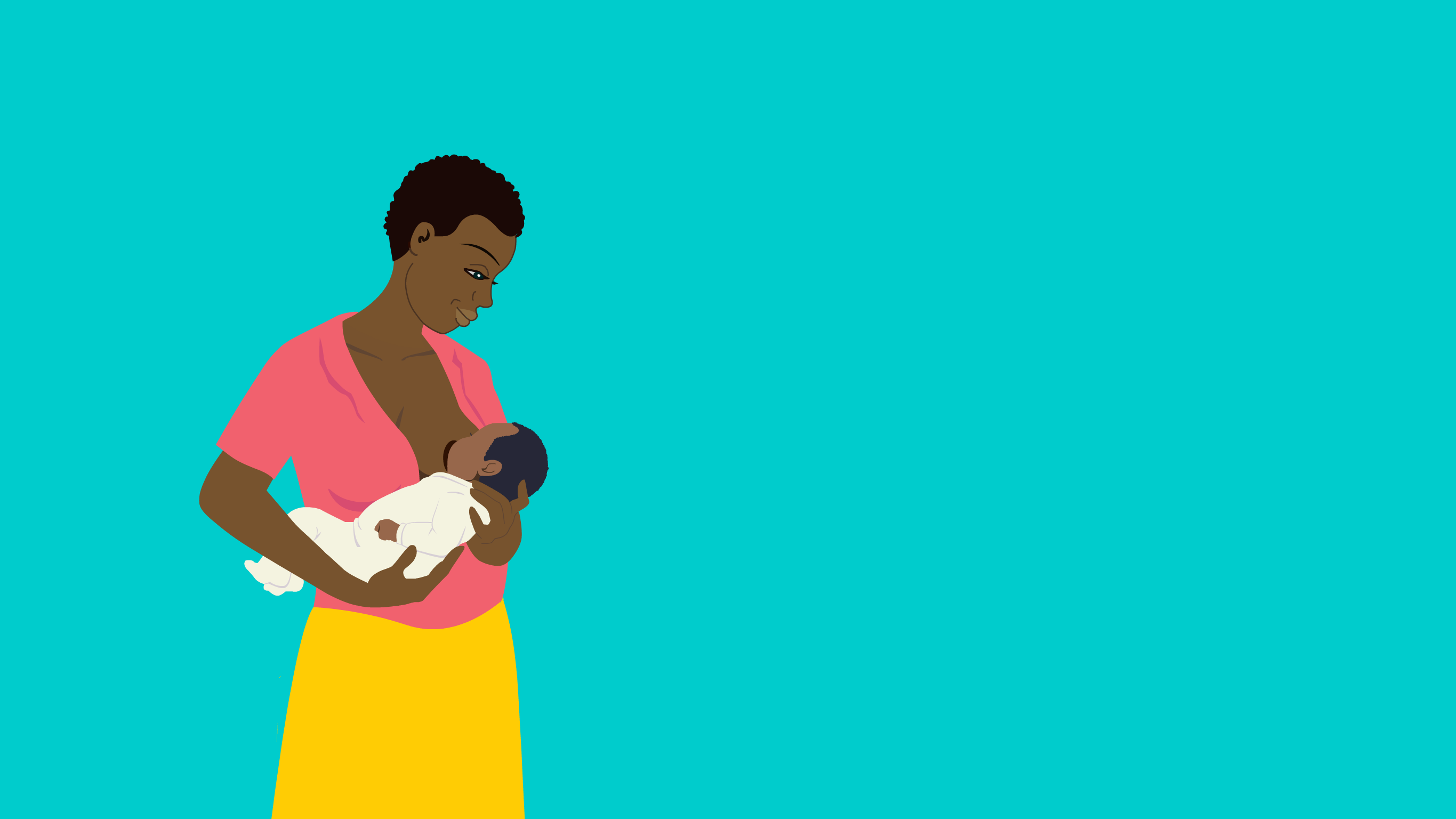

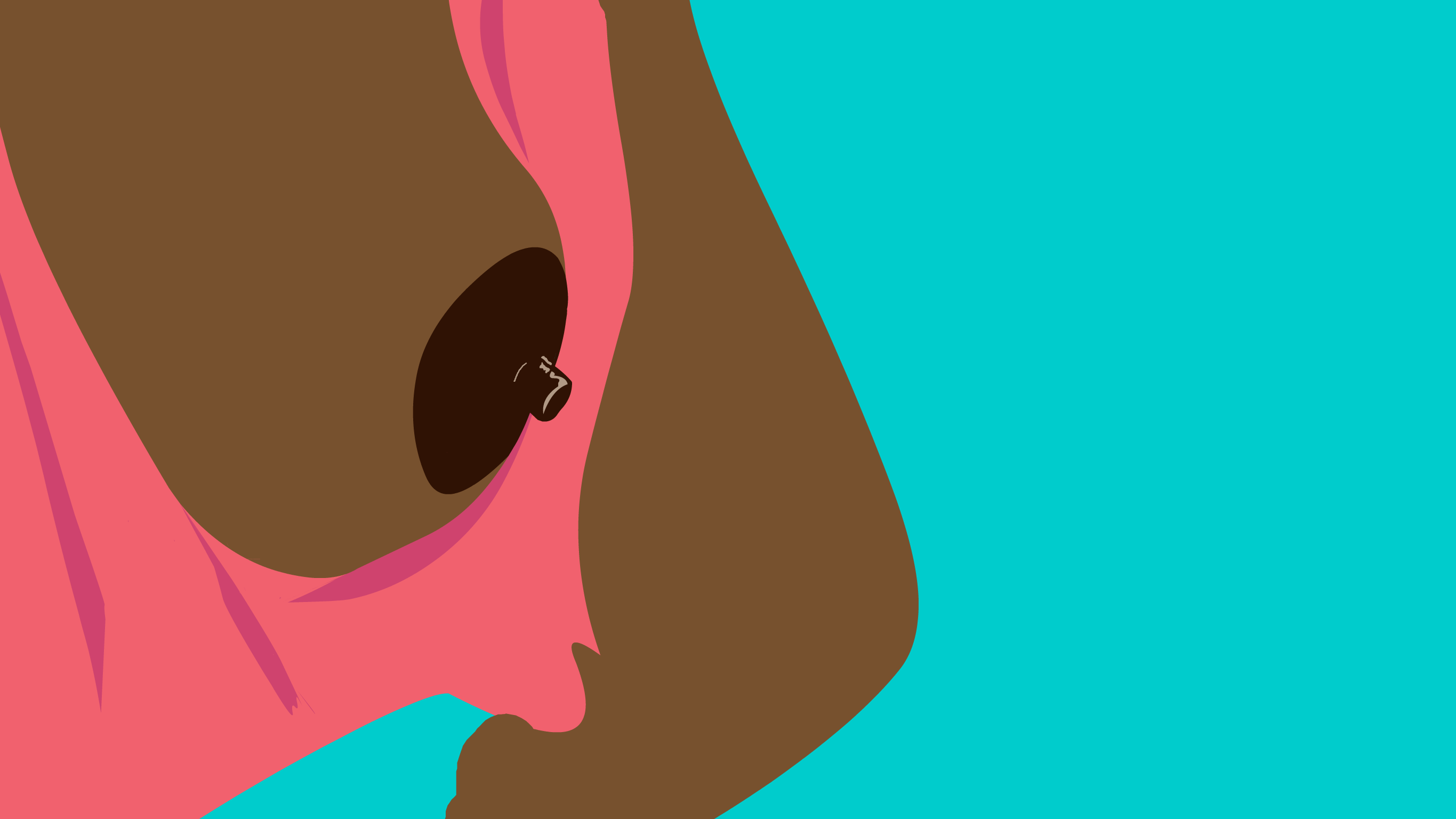
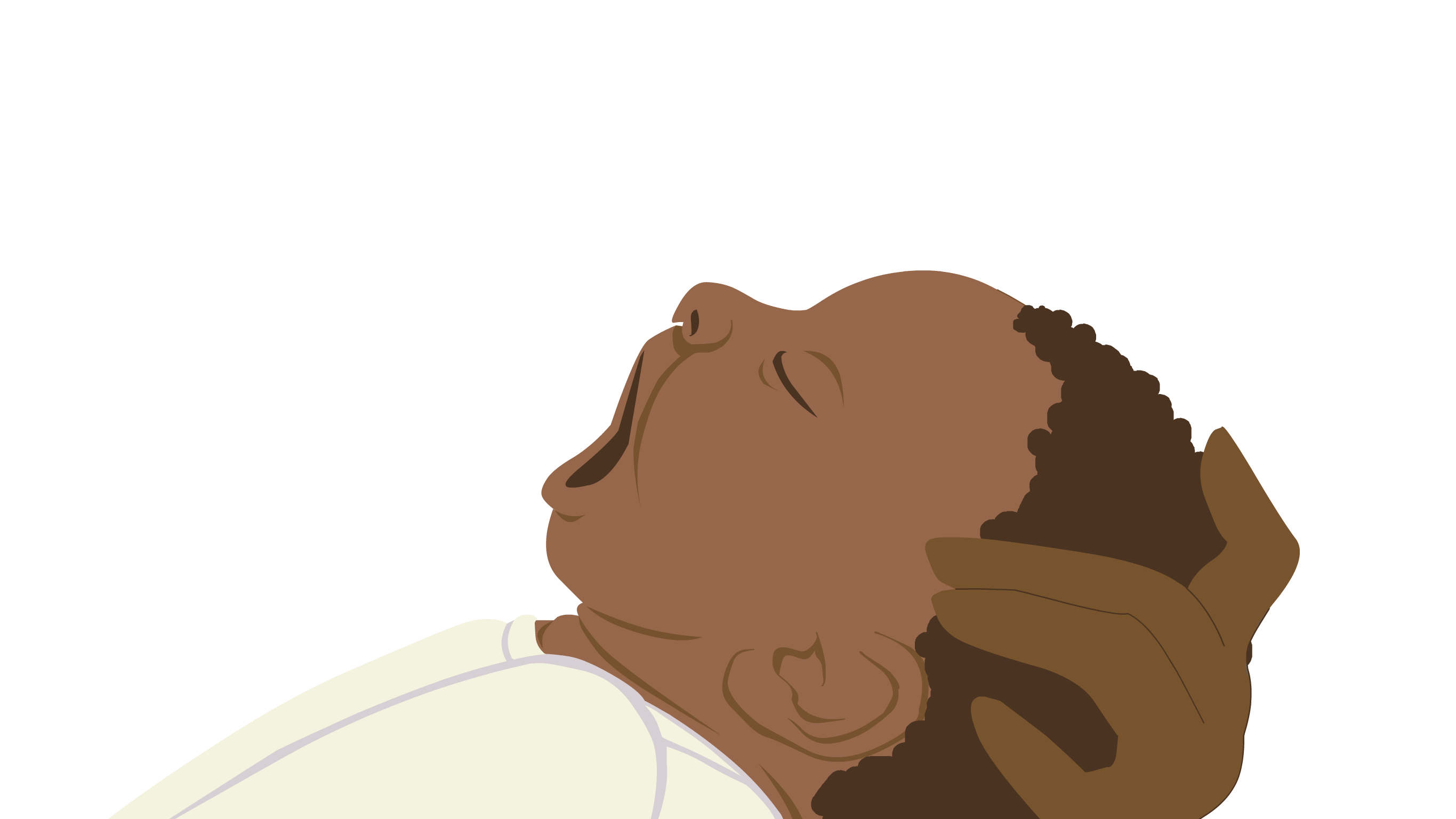

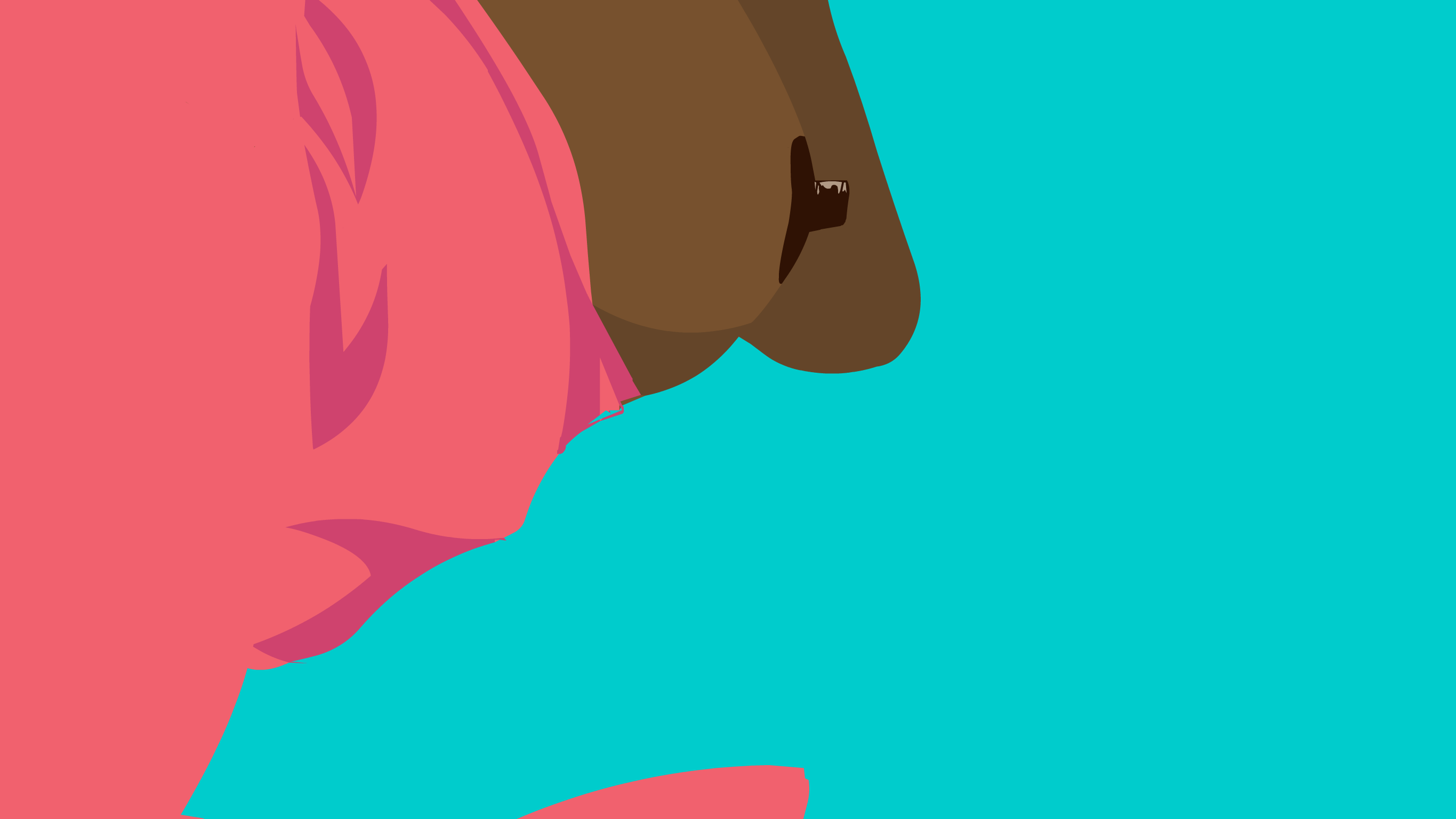
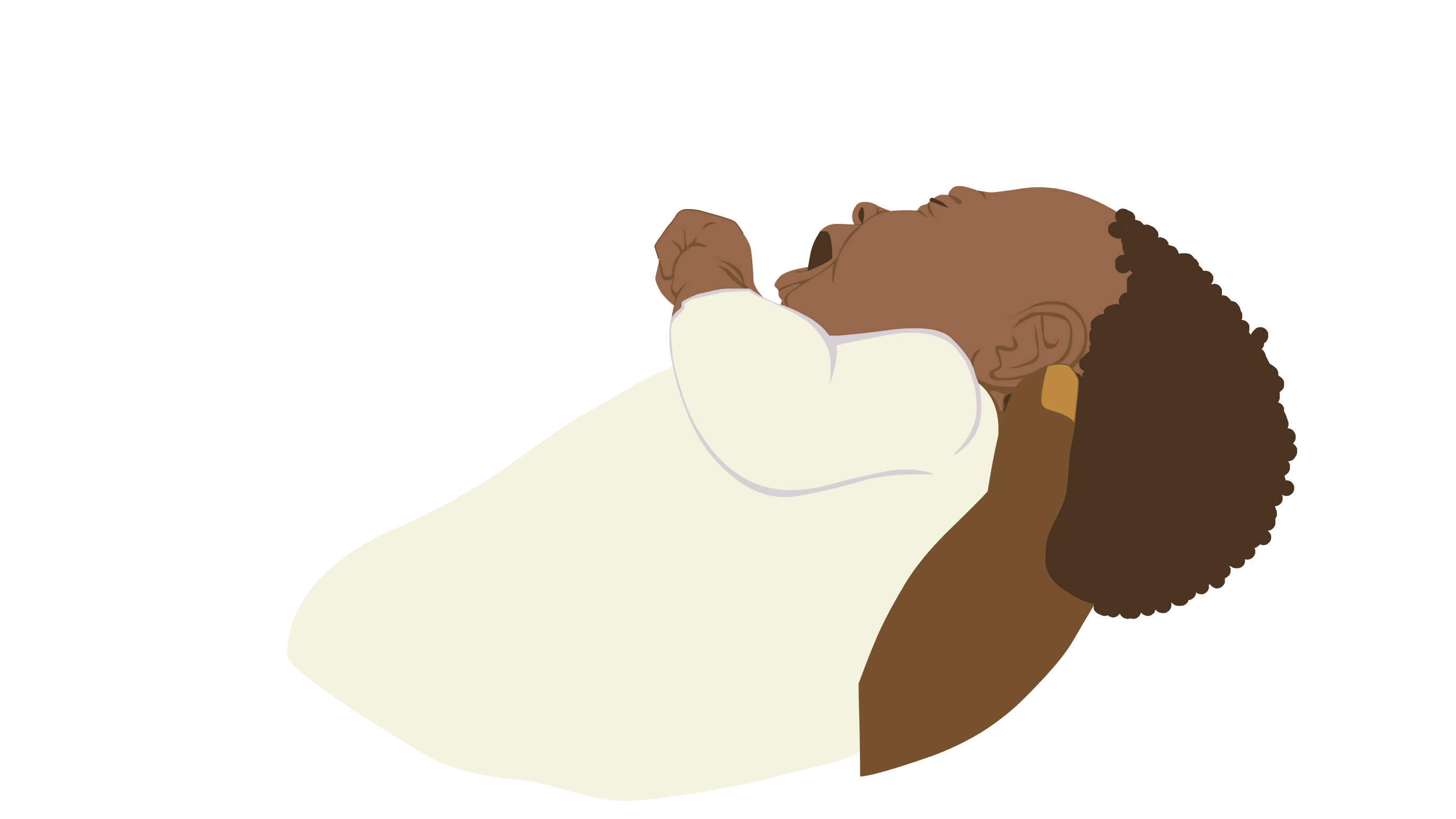




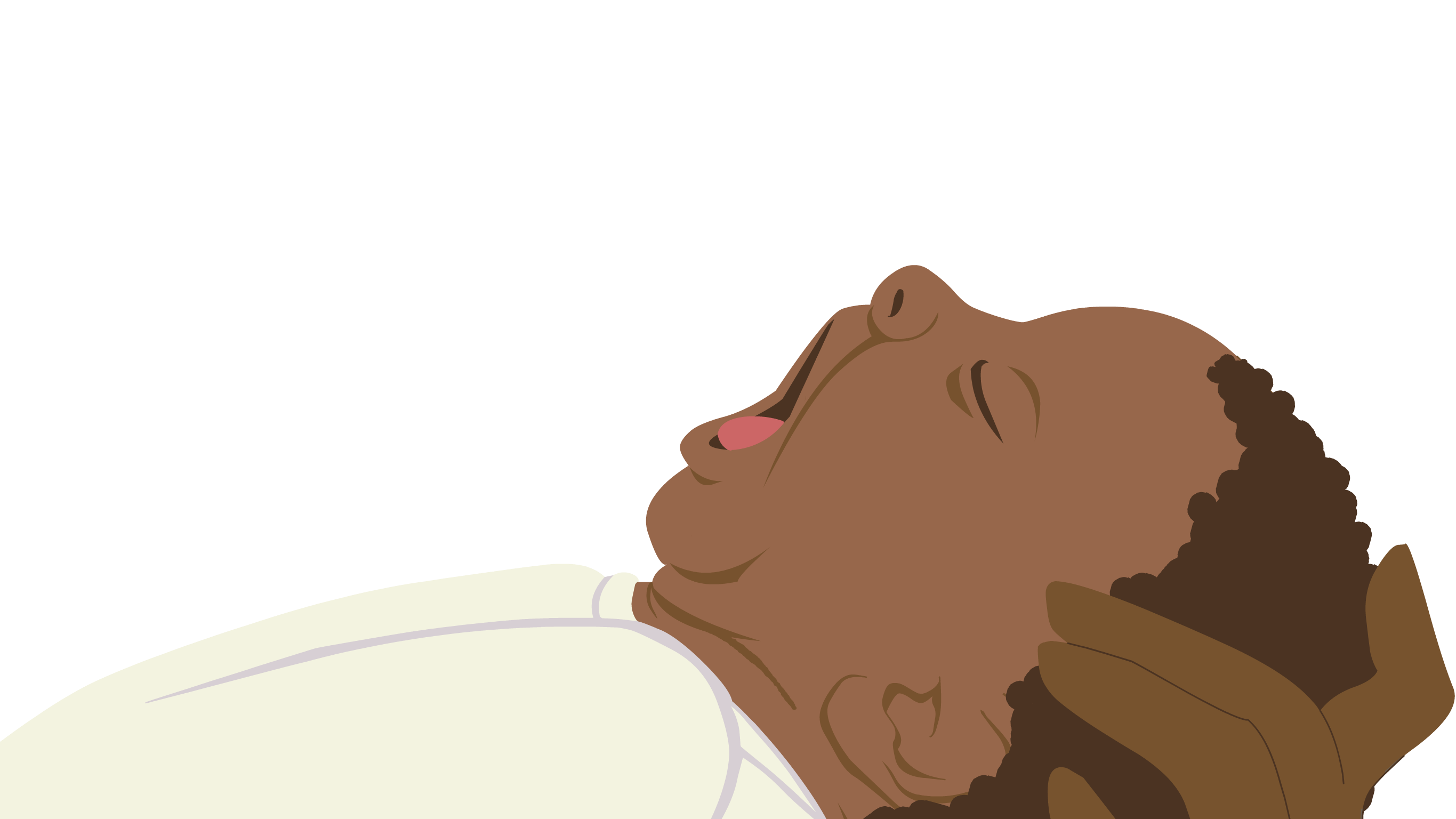
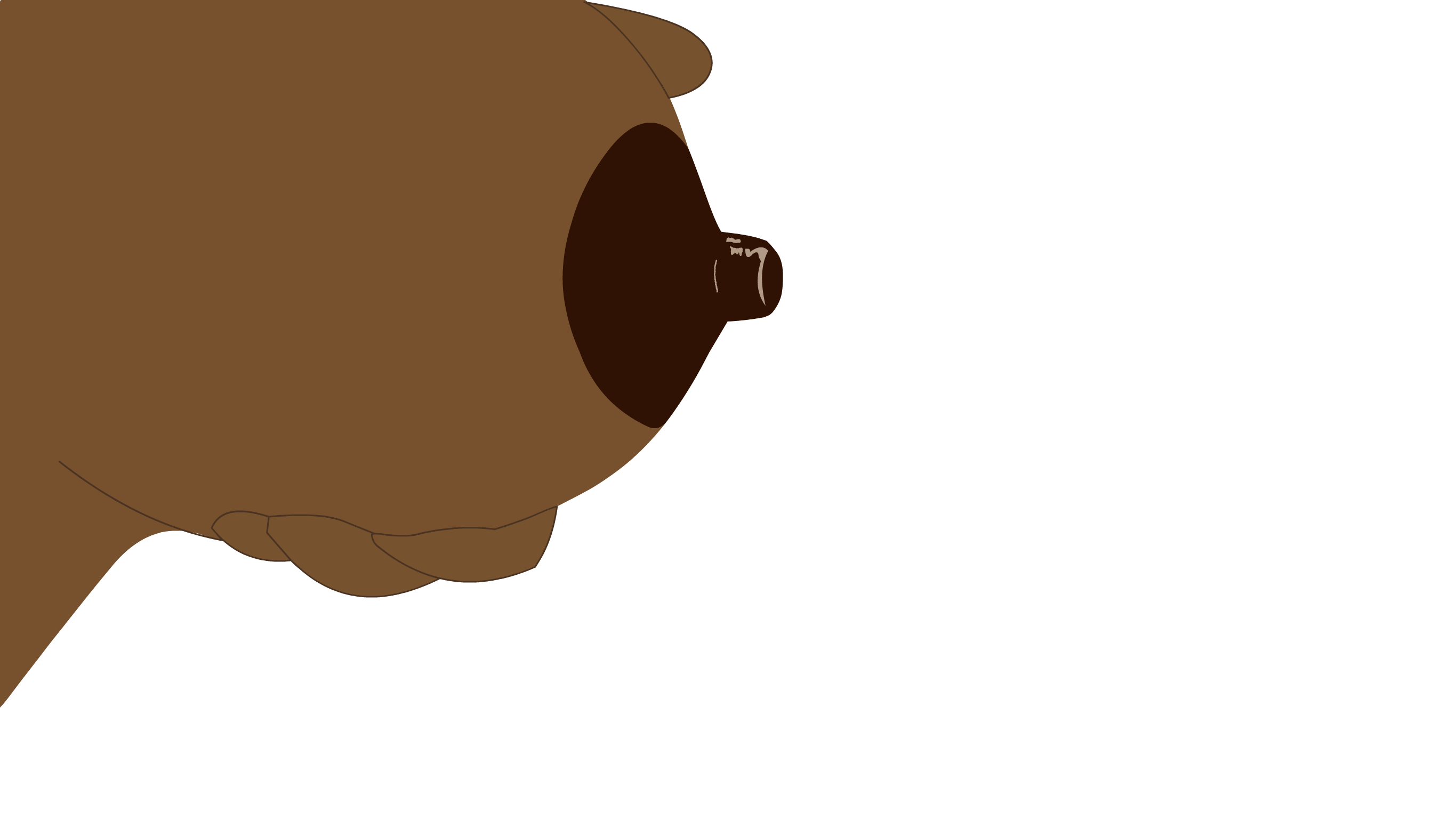


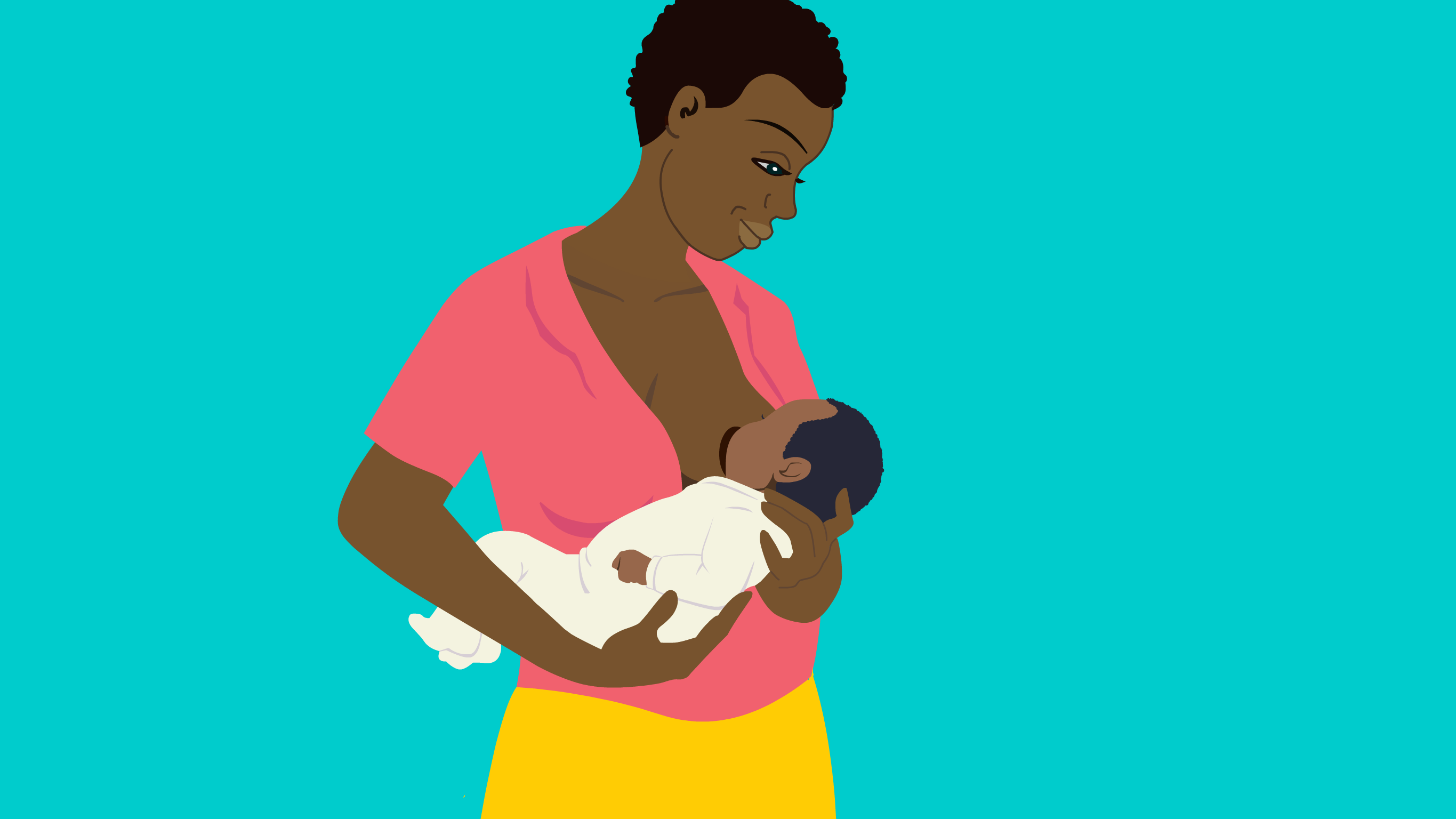



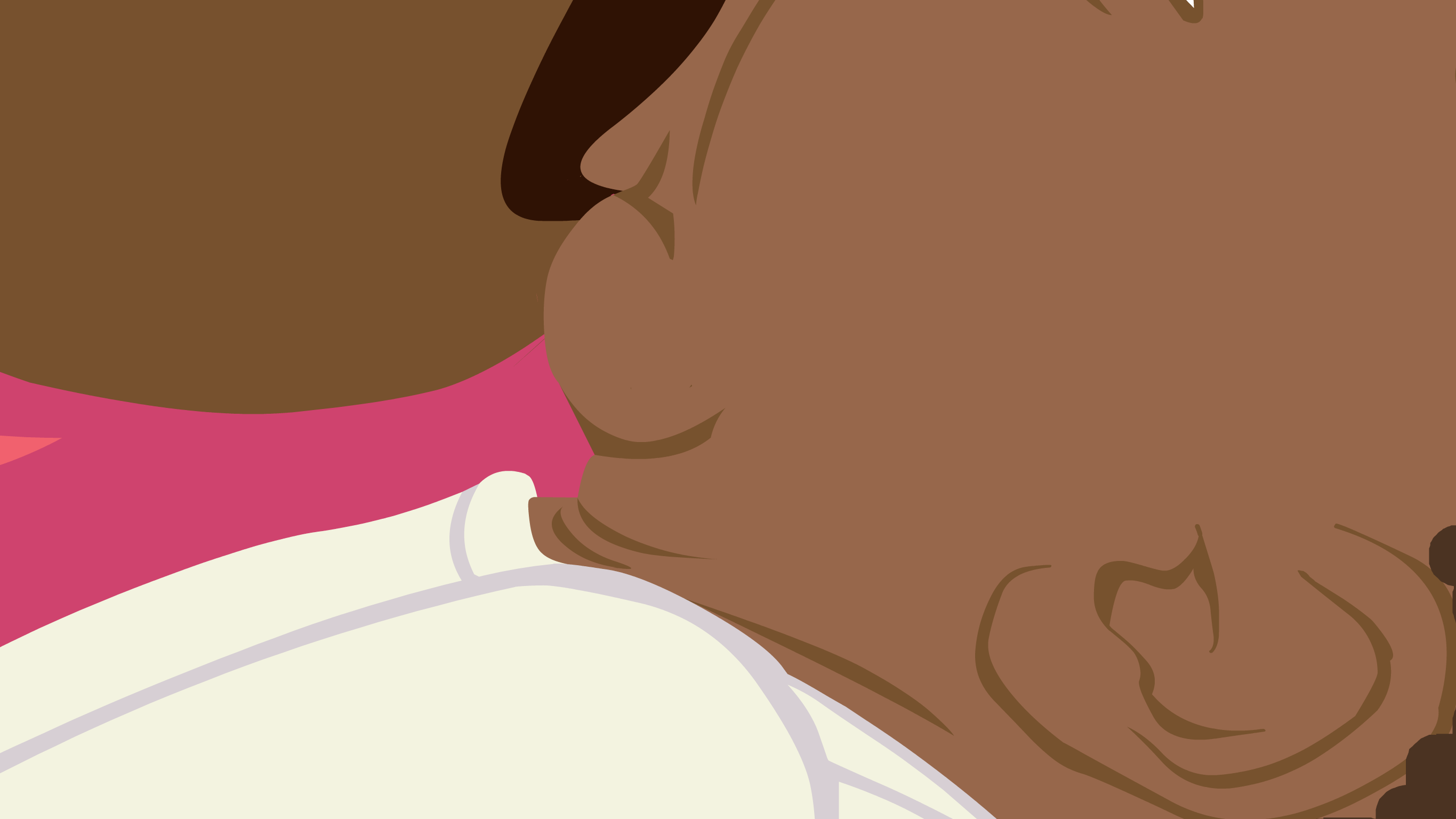






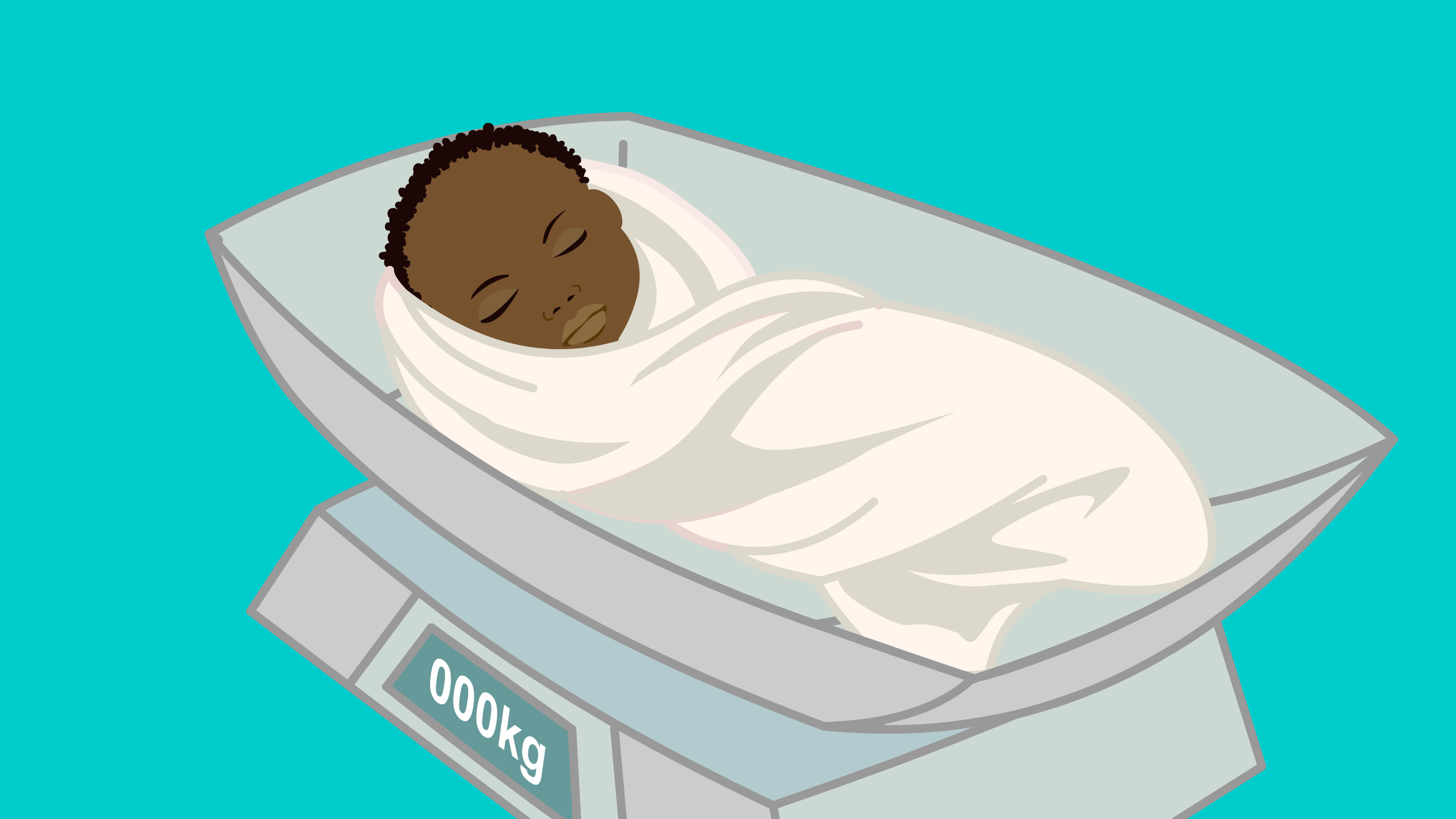

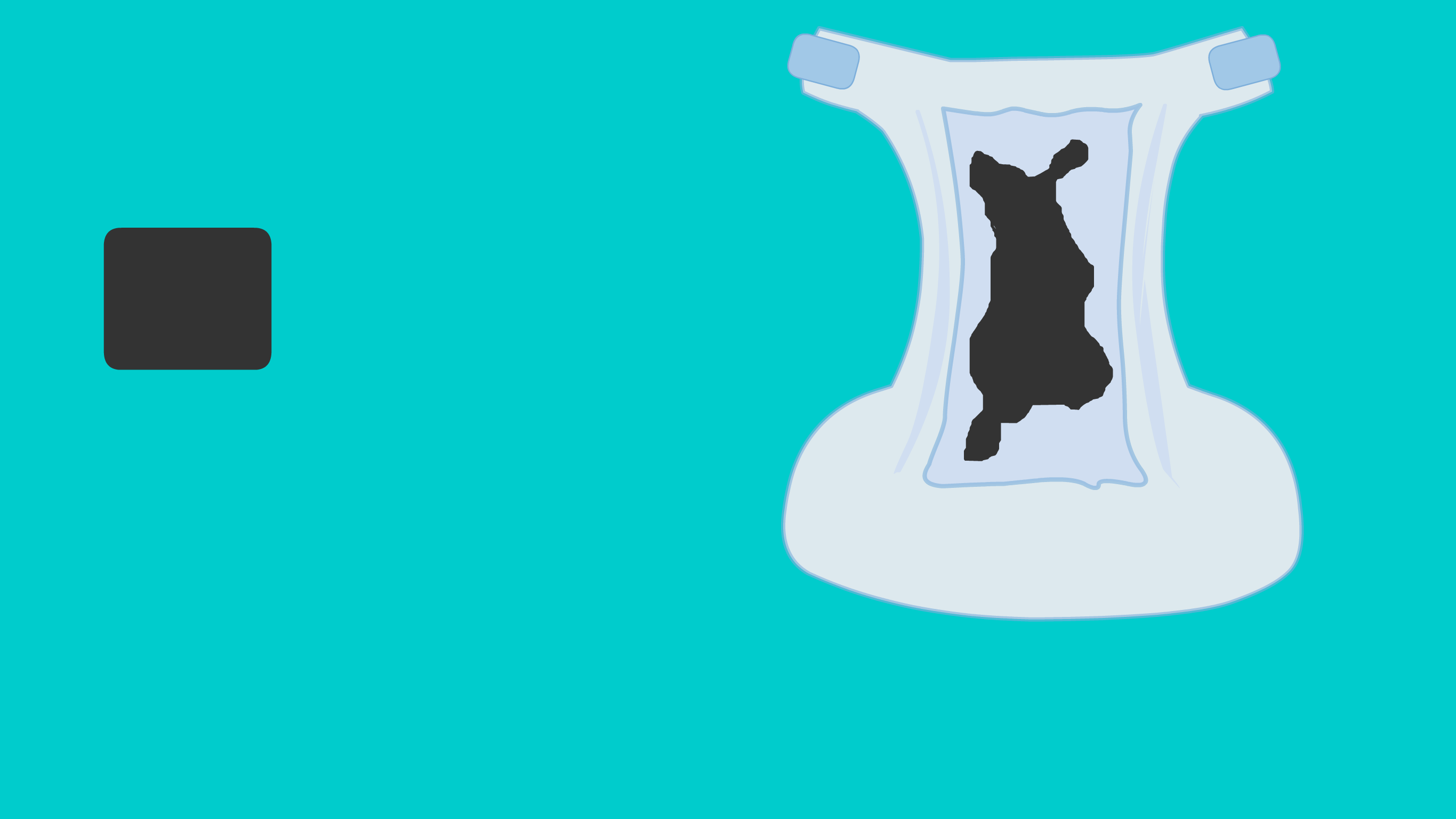
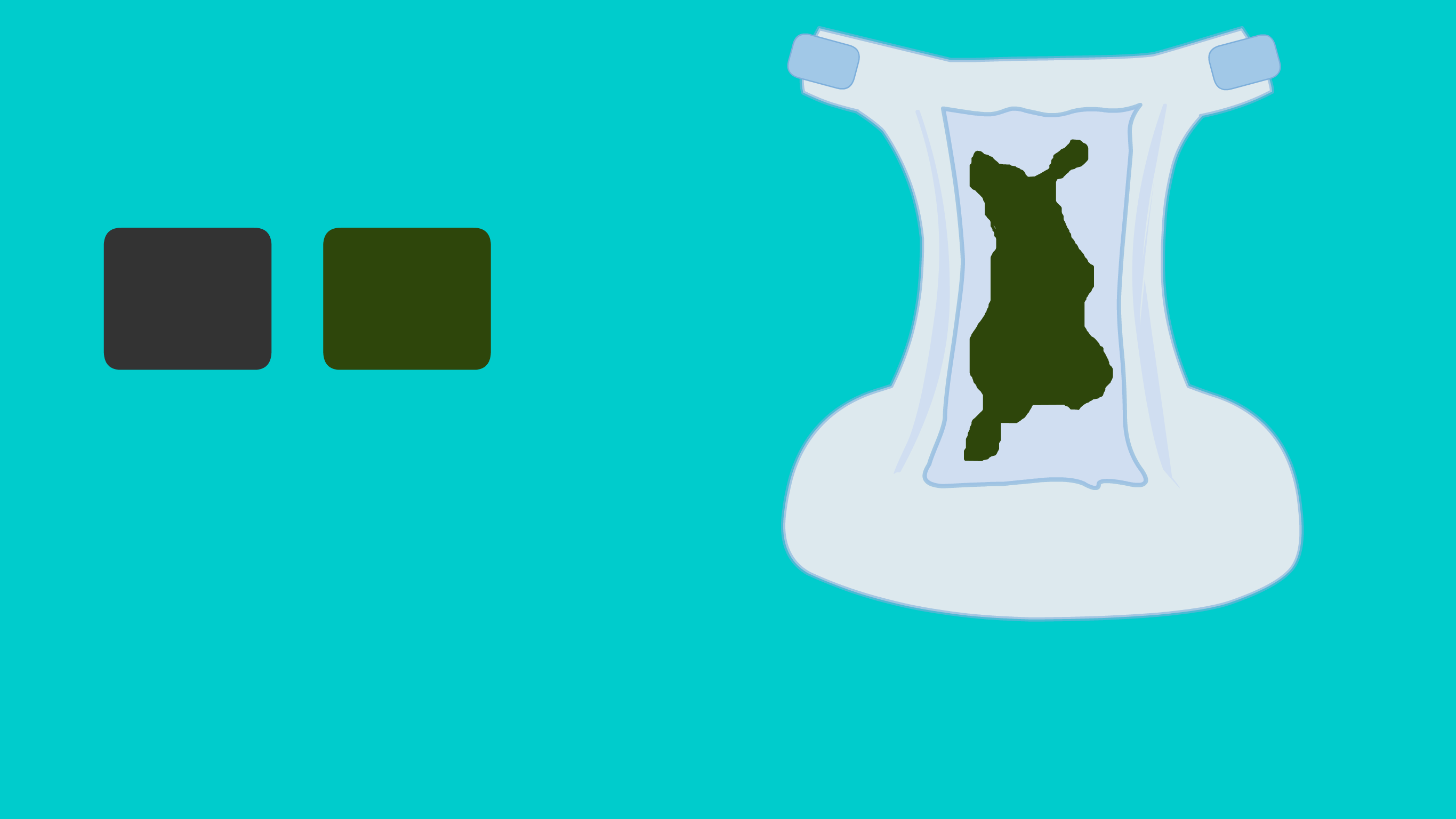
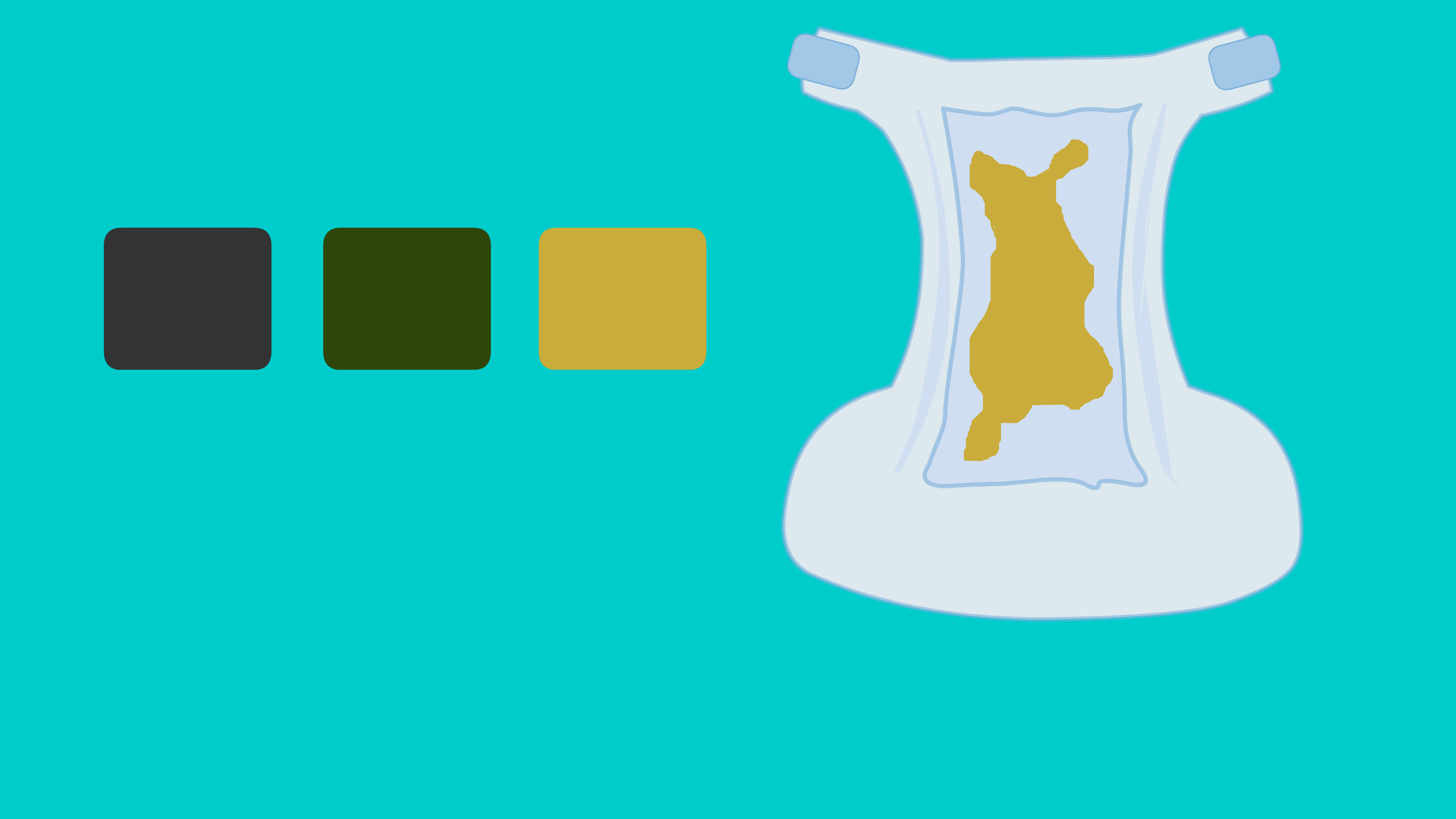


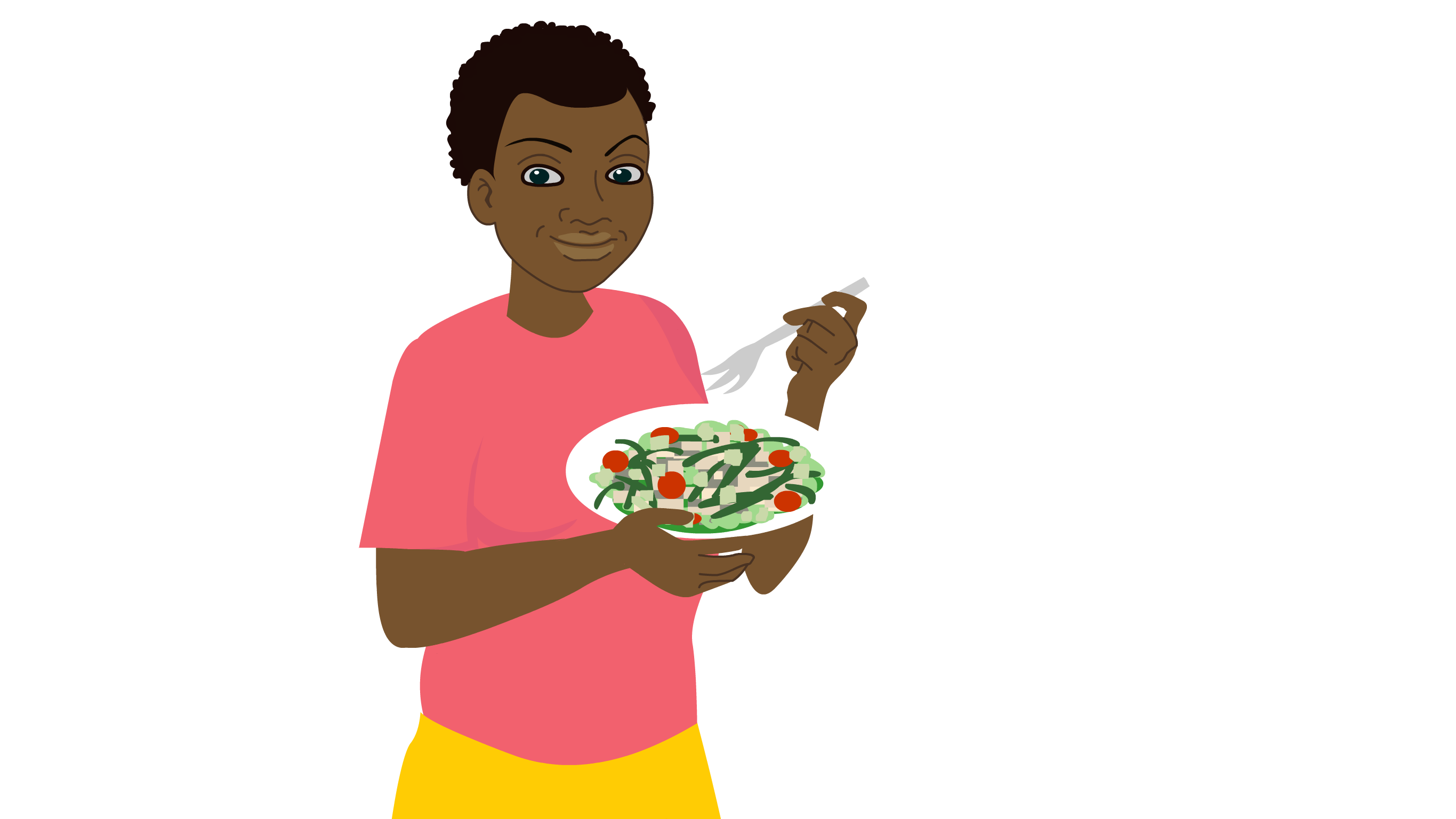

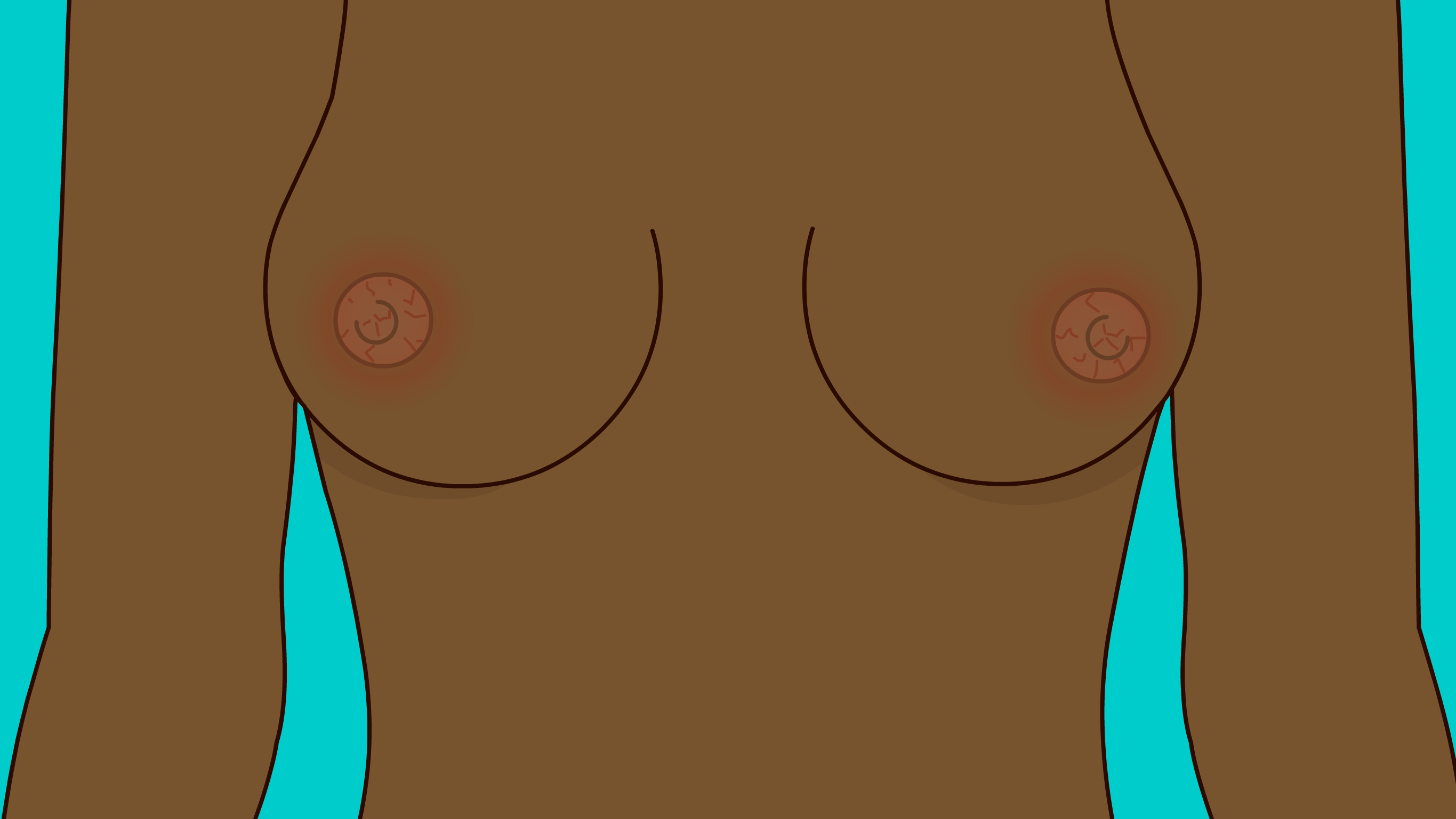


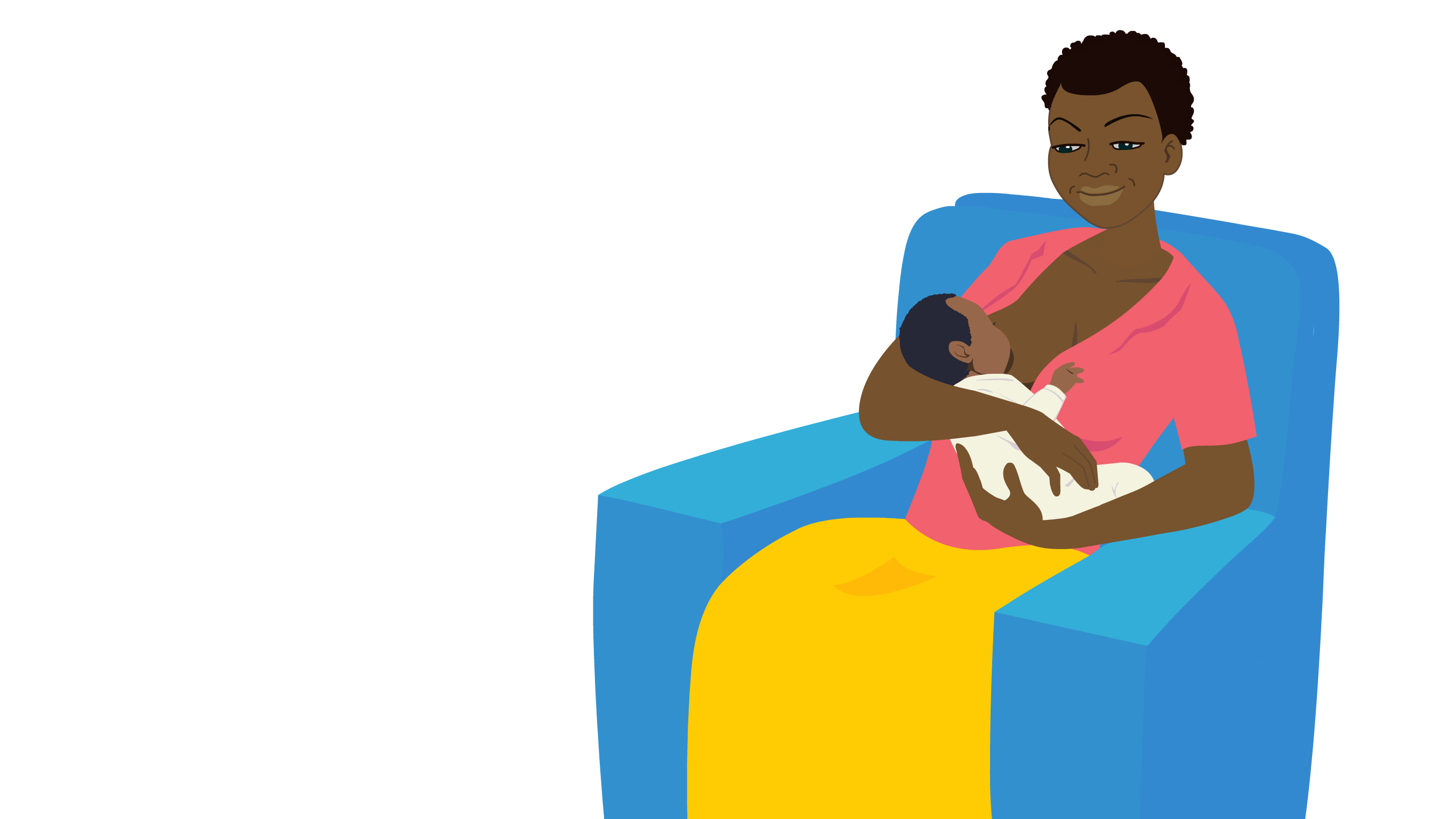

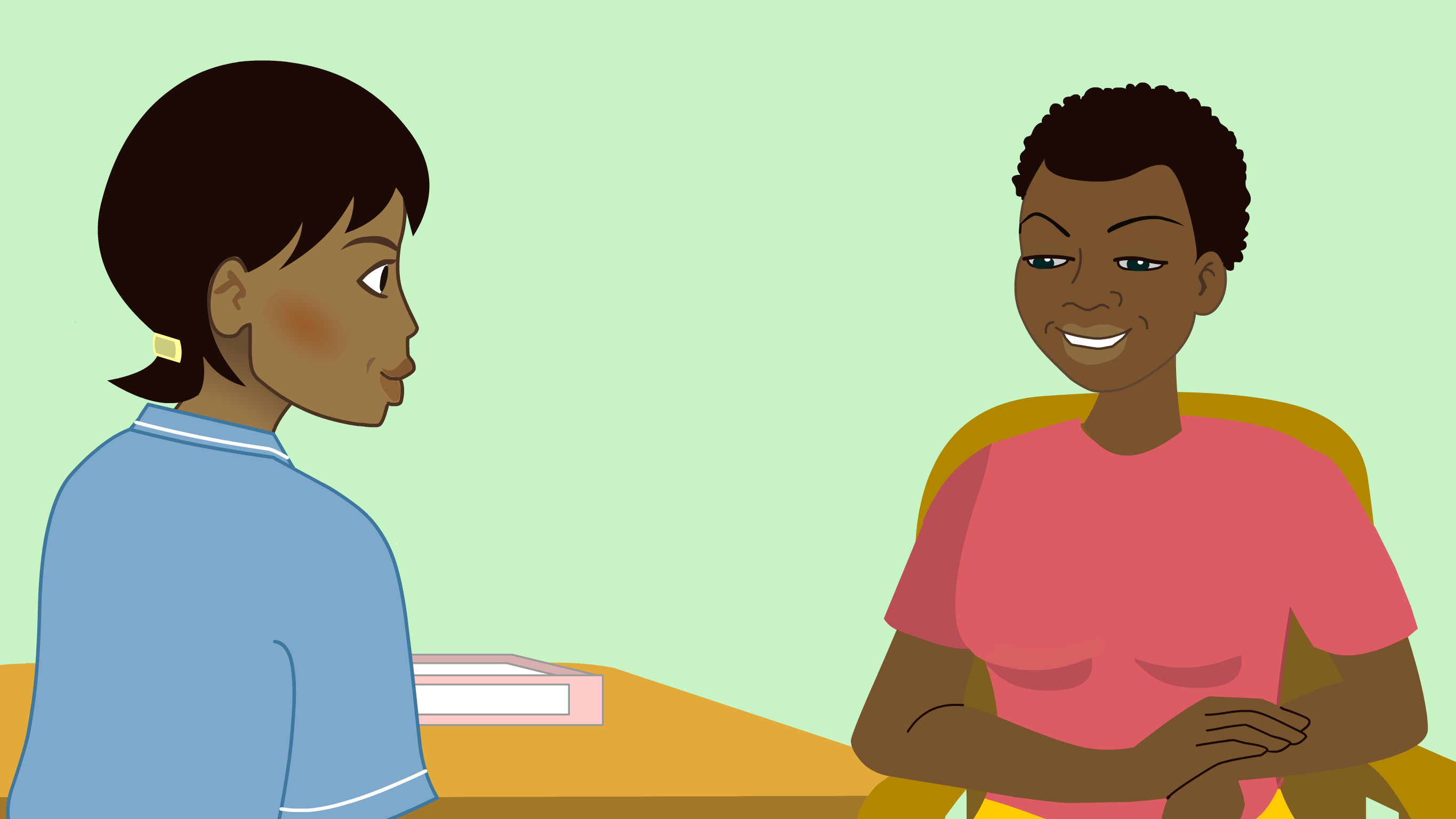

The authors of this BREASTFEEDING program are:
- Professor Grace Edwards
Adjunct Professor of Midwifery Education and Practice, East Africa – and Visiting Professor, Coventry University, UK - Dr Joanne Welsh
Consultant Midwife, UK
The Welfare of Women program has been created under the General Editorship of Dr Kate Lightly, University of Liverpool, UK and is overseen by an expert International Editorial Board
The cost of producing this resource has been partly funded by an educational grant from GSK
Thank you for watching this Welfare of Women video. We would welcome your views and feedback. Please complete this short questionnaire.
Why is breastfeeding important?
Breastfeeding is important because it provides everything your baby needs and helps you to develop a bond with your baby. Breastfeeding can also help to protect you and your baby from some illnesses. Breastfeeding your baby in the first hour after birth, if you can, is the best start to your baby's life.
What is skin-to-skin contact and why is it important?
Putting your naked baby next to your naked skin is called skin-to-skin contact. Putting your baby skin-to-skin with you straight after they have been born helps the baby get to know you. This makes
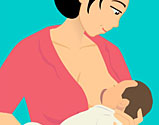
the baby feel calm, and can help them to breastfeed. Skin-to-skin contact between you and your baby straight after birth helps your body to release a hormone that supports mother and baby bonding.
Should I give my baby other drinks and food when I am breastfeeding?
Breastfeeding works best when your baby drinks only breast milk for the first 6 months of their life. This is called exclusive breastfeeding. Giving your baby water, tea, honey or other food and drink in the first 6 months may make your baby sick. After 6 months, your baby needs food and breast milk. The longer you breastfeed, the better it is for your baby.
Why is breastfeeding so good for my baby?
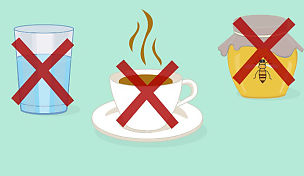
Breastfeeding helps your baby to grow well and stay healthy. Babies who are only fed with breast milk in the first 6 months of life are more likely to be strong and healthy. They are less likely to get infections, diarrhea and constipation than babies who are given water, other drinks or solid food before they are 6 months old.
Is breastfeeding good for me?
Exclusively breastfeeding your baby for the first 6 months of their life can act as a natural form of family planning. For this to work, the baby needs to be drinking only breast milk, needs to be under 6 months old and your menstrual periods must not have started again. Mothers who exclusively breastfeed their babies have less risk of getting breast cancer.
How do I know when to breastfeed my baby?
It is good to keep your baby close to you so you can see when they are getting hungry. When your baby wakes up and starts to move their mouth, lick their lips, or put their hands in their mouth, it could mean that they are hungry. If they do any of these things, you can offer them a breastfeed.
How do I make sure my baby is breastfeeding properly?
To make sure your baby gets all the milk they need and that your breasts do not get sore when you breastfeed, the baby must attach to your breast in the right way.
- Make sure your baby's head is free and can move. This lets the baby move their head and open their mouth wide.
- Your baby's head and body should be in line. It is hard for the baby to feed if their body is twisted.
- Your baby's nose should be in line with your nipple before they feed. Then, when your baby opens their mouth they can take a big mouthful of breast tissue, and your nipple will be at the top of their mouth.
- You should bring your baby to your breast so that s/he can be comfortable during the feed. If you take your breast to the baby, this could cause you pain and the feed may be too short.
- Make sure you are comfortable when you are breastfeeding. Your baby should also be relaxed and comfortable.
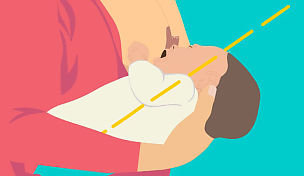
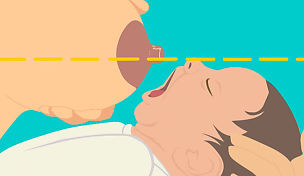
How do I know my baby is getting enough breast milk?
There are many ways to know that your baby is getting enough breast milk.
- Your baby's mouth will be wide open when they are feeding and their chin will touch the breast.
- You will be able to see your baby swallowing.
- Your breasts will feel soft after a feed.
- You may see milk around your baby's mouth during or after a feed.
- Your baby will be growing.
- Your baby will wee 6 to 8 times a day.
- Your baby's poo will change color. It will be black and sticky at birth. Then it will turn green. By the time your baby is one week old, their poo will be yellow.
Is there anything I need to do when I am breastfeeding?
It is important that you eat and drink well when you have a baby as this will help you to have a good supply of breast milk for your baby. When you first start breastfeeding you may have some problems such as sore nipples. This can be normal. However, you should talk to a healthcare worker if you are having any problems.
Breastfeeding exclusively for the first 6 months of life helps to keep you and your baby well. If you need any support with breastfeeding, you should talk to your local healthcare worker.
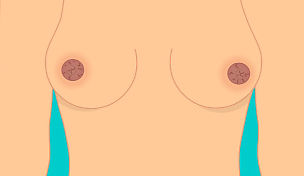
What happens if I find it difficult to breastfeed?
If you are having problems breastfeeding you can speak to your healthcare worker. They can help you to practice latching your baby to your breast.
Sometimes women find it hard to breastfeed or choose not to breastfeed. In these cases you can give your baby formula milk instead of breast milk. It is important to use clean water and bottles that have been sterilized when you are formula feeding your baby. If the water or the bottles you are using are not clean, your baby may become unwell and they may have an upset tummy or diarrhea and vomiting. You can speak to your healthcare worker about formula feeding and they can teach you how to prepare formula feeds safely.
The authors of this BREASTFEEDING program are:
- Professor Grace Edwards, Adjunct Professor of Midwifery Education and Practice, East Africa – and Visiting Professor, Coventry University, UK
- Dr Joanne Welsh, Consultant Midwife, UK
The Welfare of Women program has been created under the General Editorship of Dr Kate Lightly, University of Liverpool, UK and is overseen by an expert International Editorial Board
The publishing reference for this program is: DOI 10.3843/GLOWM.w10032
The Welfare of Women information program is an attempt to provide women everywhere with access to reliable information about key health issues that may be relevant to them. Information is offered at three separate levels which women may select according to their preferences; firstly, short video animations with voice commentary, secondly, more detailed text-based descriptions, and thirdly, links to recommended further reading. With the animated videos, women can also select the images that they feel most comfortable in viewing from a short range of very generalized and non-specific ethnicity options. Because of the special programming used, both the videos and the text information can – when authorized – be translated into any language in a simple and rapid manner.
The following websites provide more comprehensive and extensive information on this topic, which is both reliable and strongly recommended for readers who want to learn more than the details provided above:
Breastfeeding in the first hour
https://globalhealthmedia.org/portfolio-items/breastfeeding-in-the-first-hours-after-birth/?portfolioCats=191%2C94%2C13%2C23%2C65
Medical Aid Films – Understanding Breastfeeding
https://www.medicalaidfilms.org/film/understanding-breastfeeding/
UNICEF Baby Friendly – Hand expression
https://www.unicef.org.uk/babyfriendly/baby-friendly-resources/breastfeeding-resources/hand-expression-video/
Attaching your baby at the breast
https://globalhealthmedia.org/portfolio-items/attaching-your-baby-at-the-breast/?portfolioCats=191%2C94%2C13%2C23%2C65
Positions for mothers
https://globalhealthmedia.org/portfolio-items/positions-for-breastfeeding/?portfolioCats=191%2C94%2C13%2C23%2C65
What to do about nipple pain
https://globalhealthmedia.org/portfolio-items/what-to-do-about-nipple-pain/?portfolioCats=191%2C94%2C13%2C23%2C65
Is your baby getting enough milk?
https://globalhealthmedia.org/portfolio-items/is-your-baby-getting-enough-milk/?portfolioCats=191%2C94%2C13%2C23%2C65
Resources the author(s) used in preparing this guidance
GLOWM chapter on Global Aspects of Breastfeeding
World Health Organization. WHO recommendations on antenatal care for a positive pregnancy experience. World Health Organization, 2016
World Health Organization, United Nations Childrens Fund & World Bank Group. Nurturing care for early childhood development: a framework for helping children survive and thrive to transform health and human potential. World Health Organization, Geneva, 2018
Global Health Media videos on breastfeeding
https://globalhealthmedia.org/language/english/?_sft_topic=breastfeeding
Medical Aid video "Understanding Breastfeeding"
https://www.medicalaidfilms.org/film/understanding-breastfeeding/
